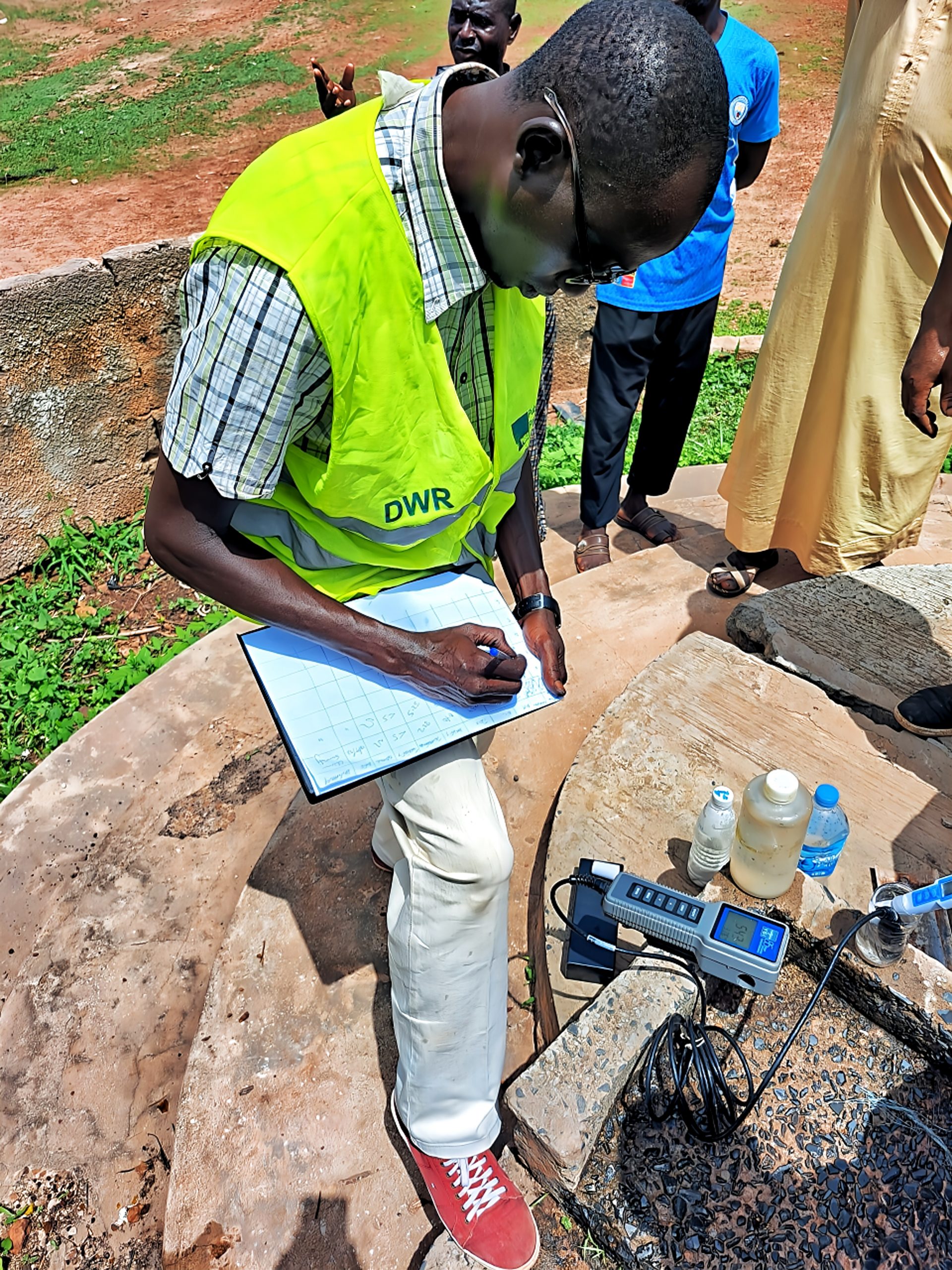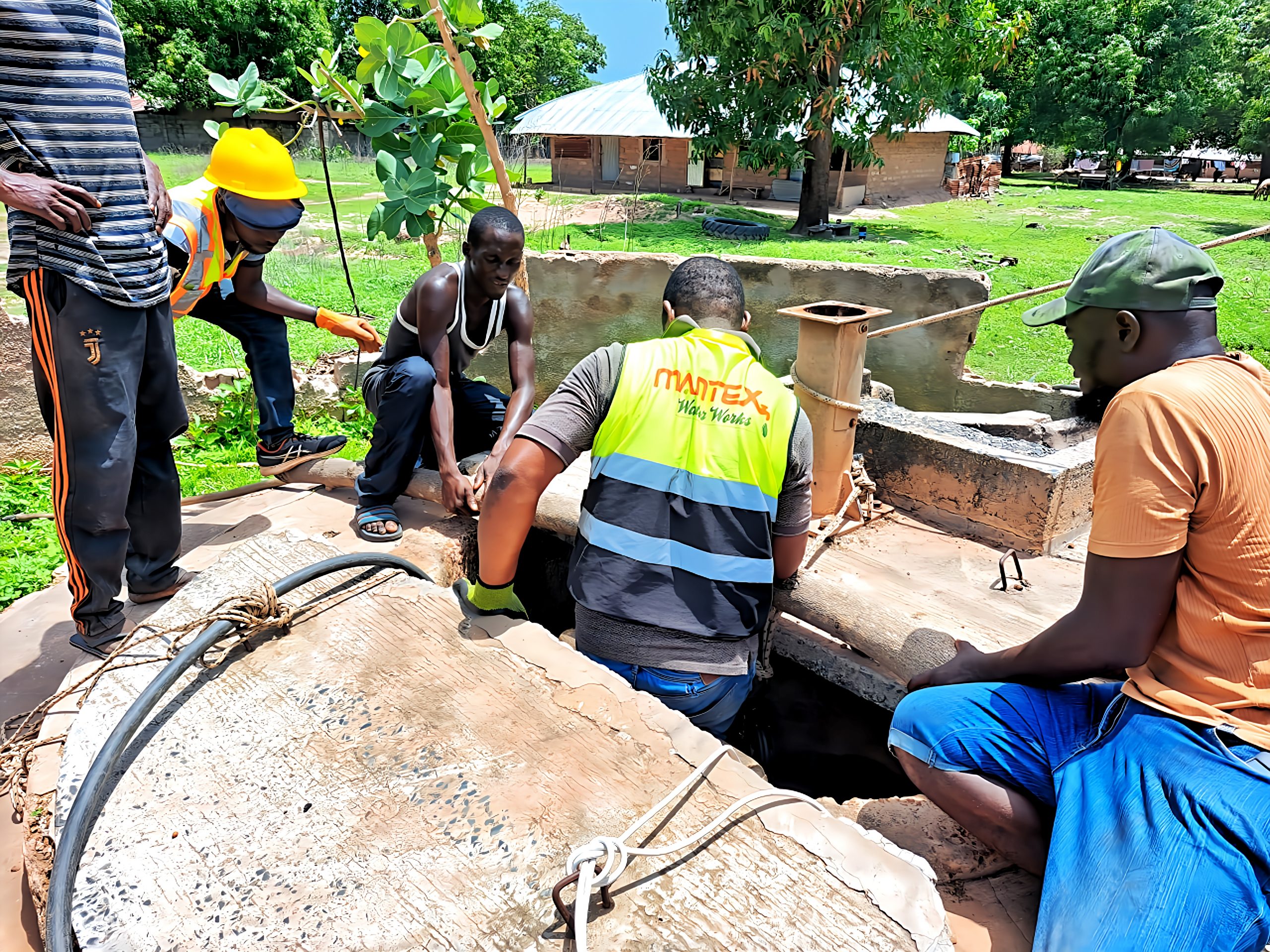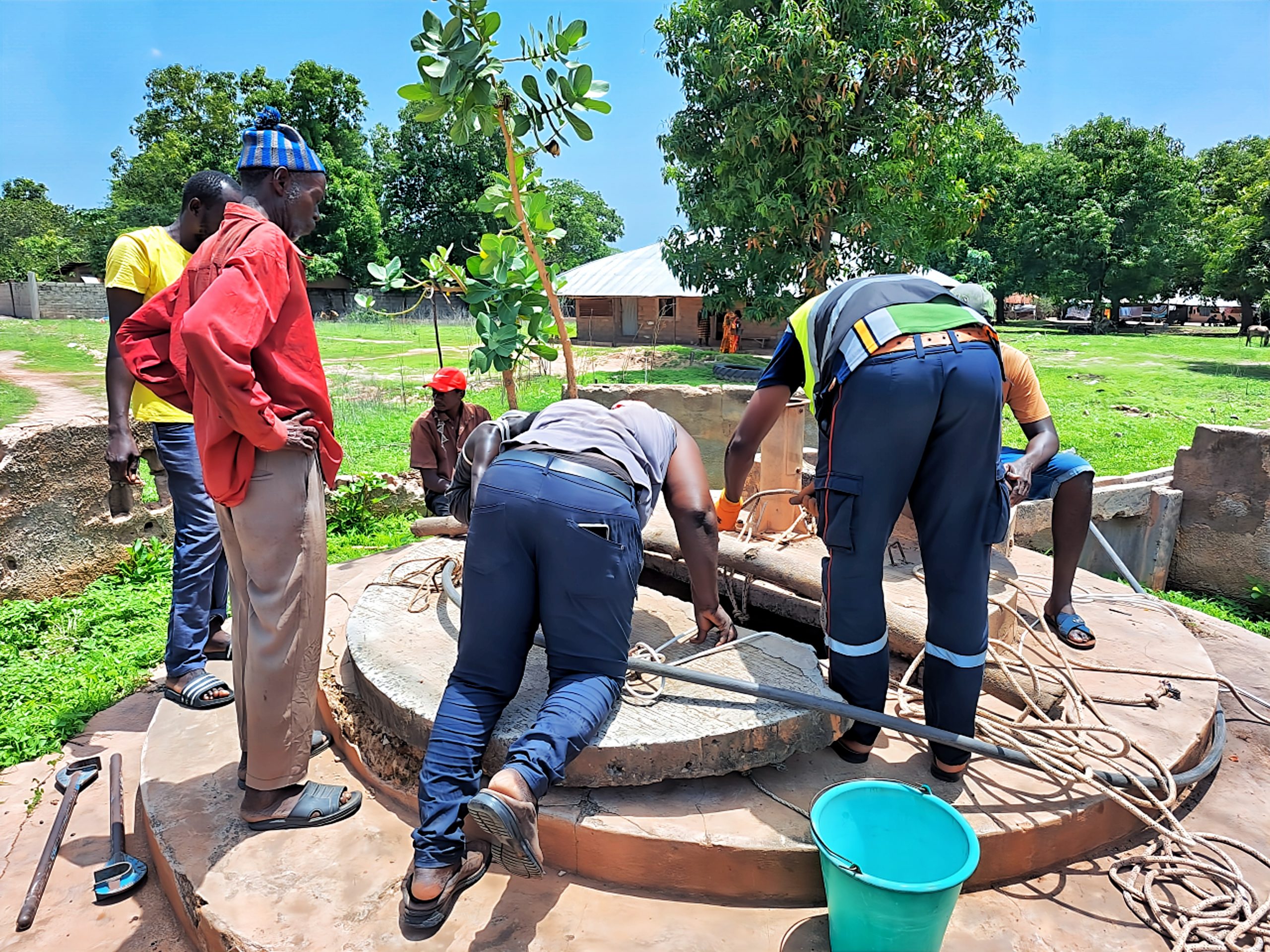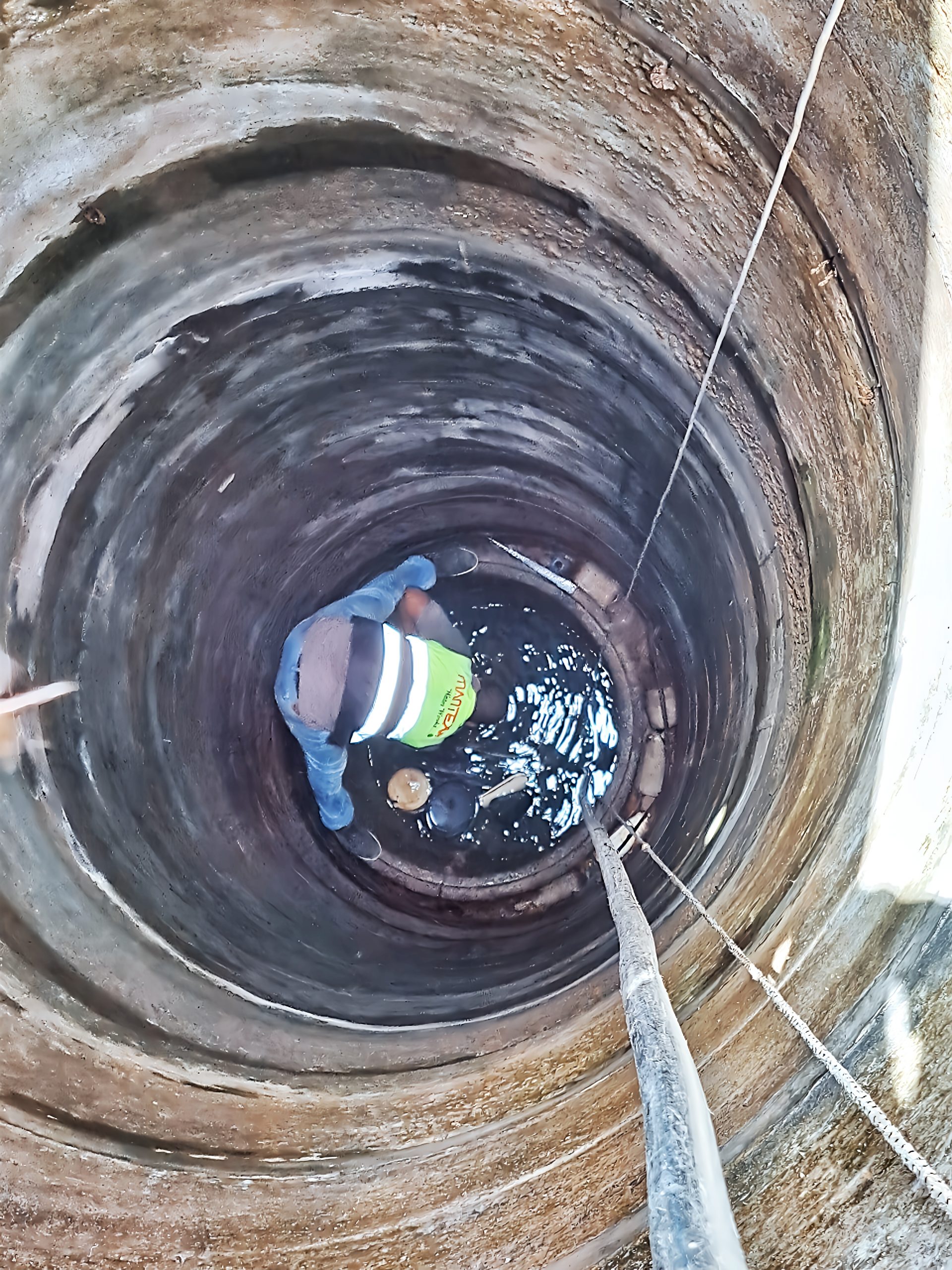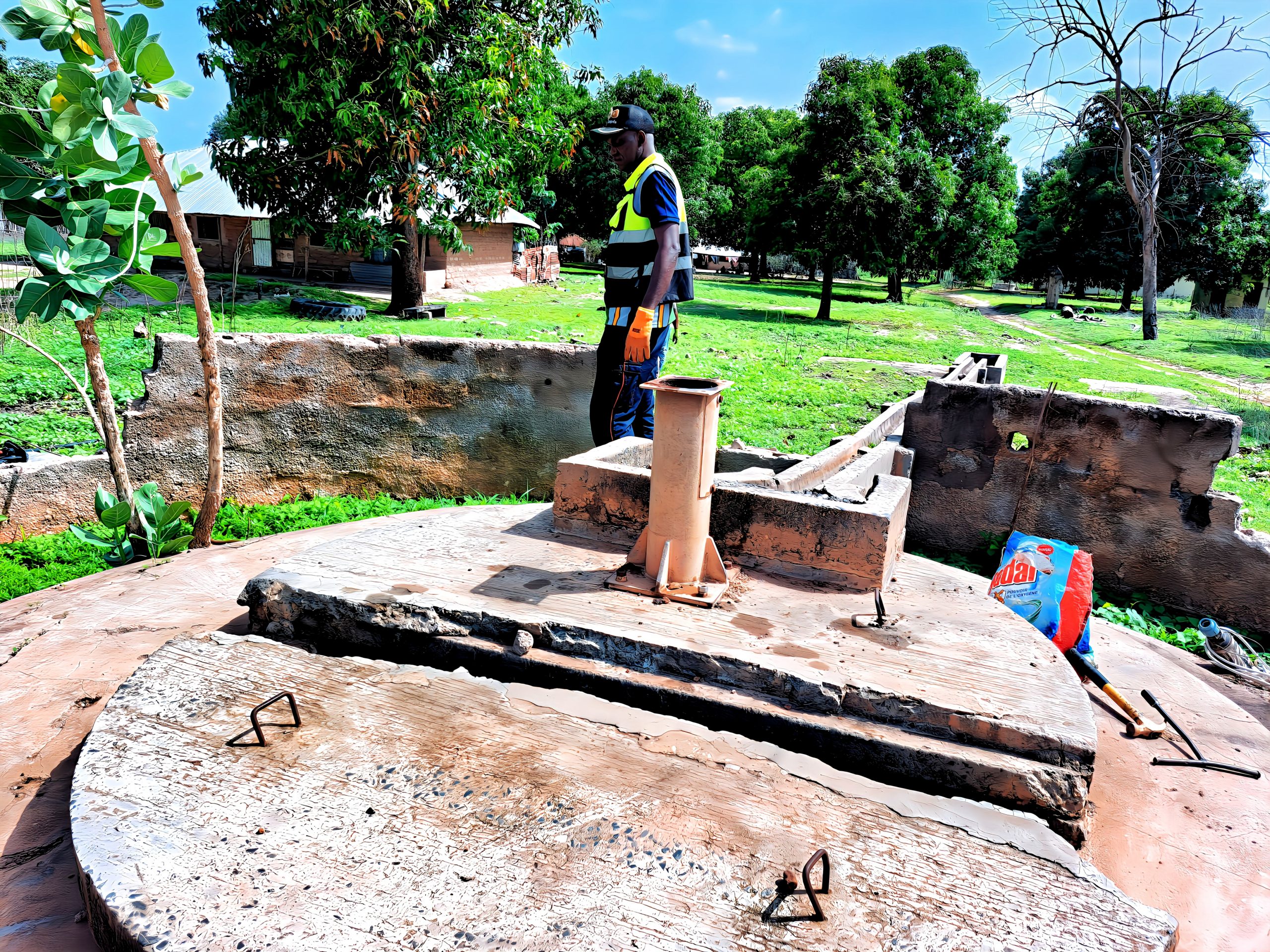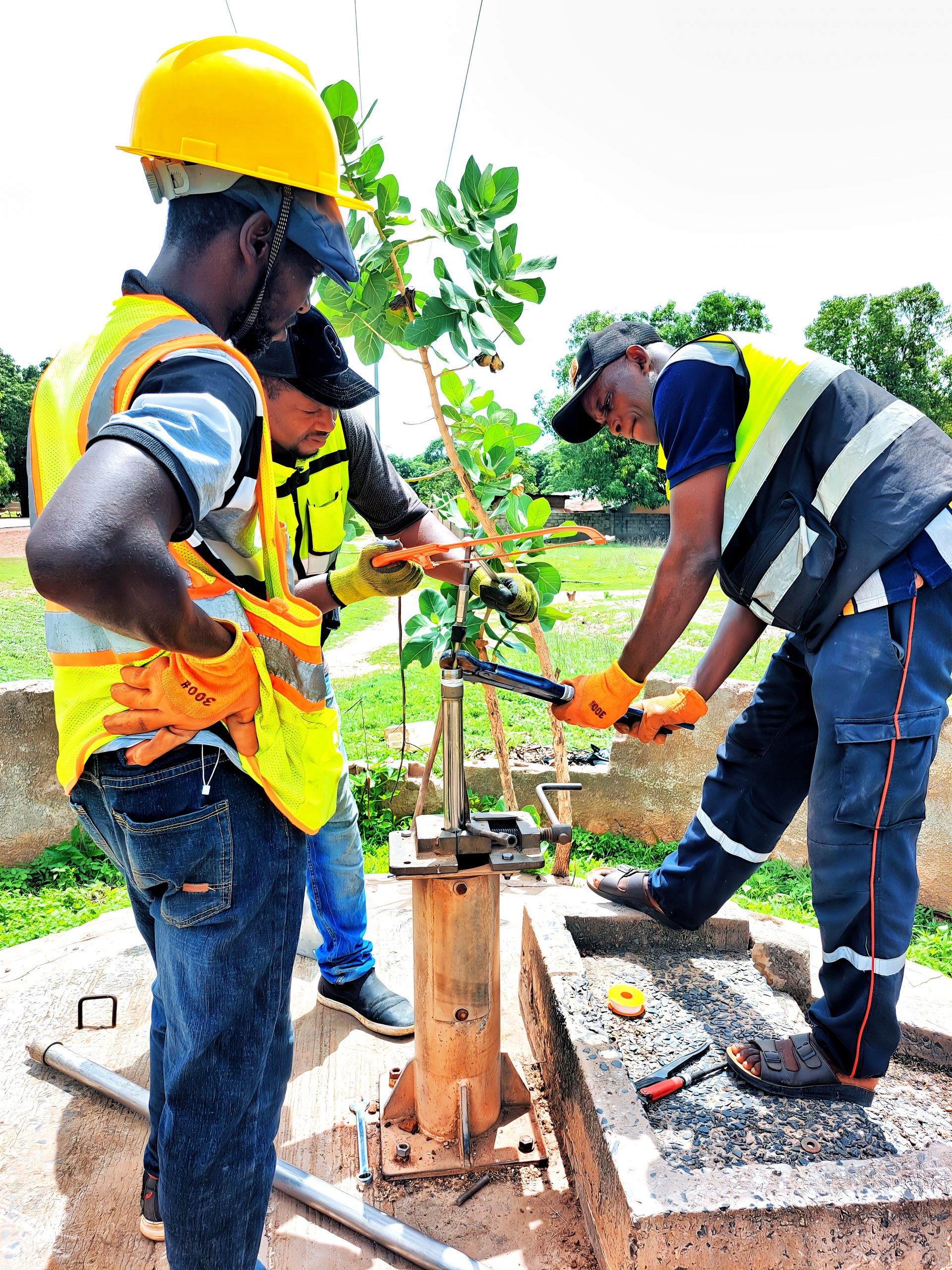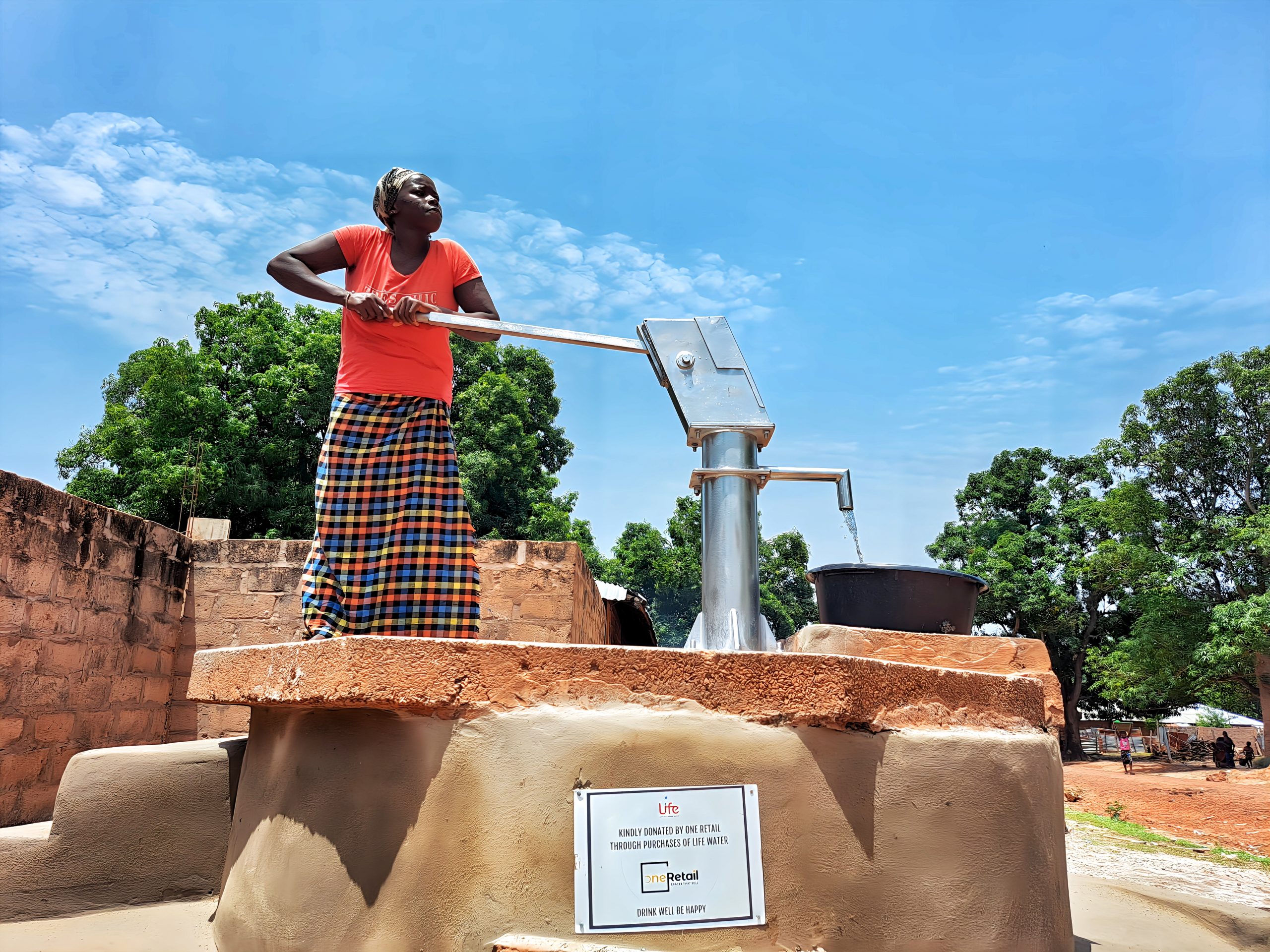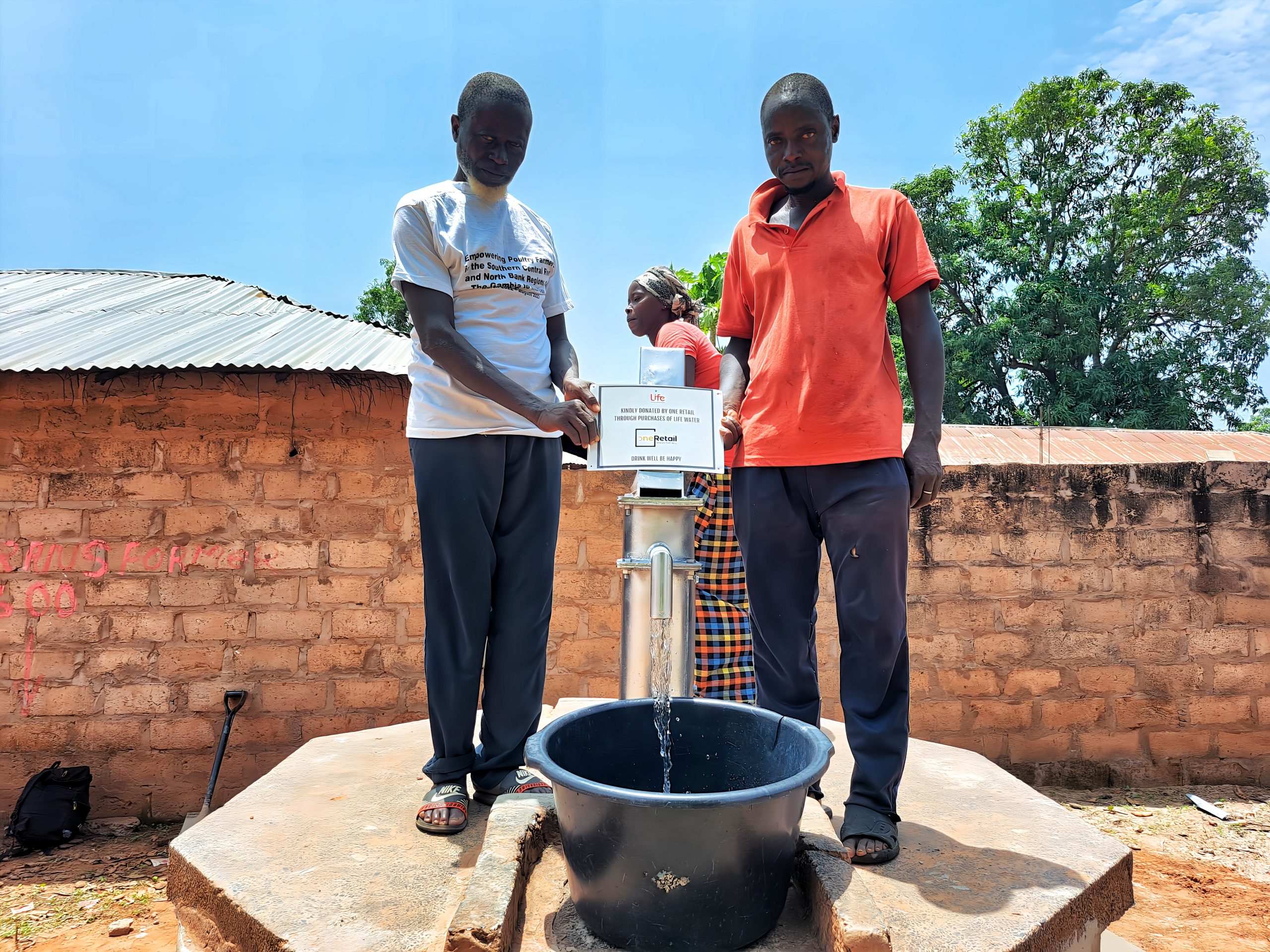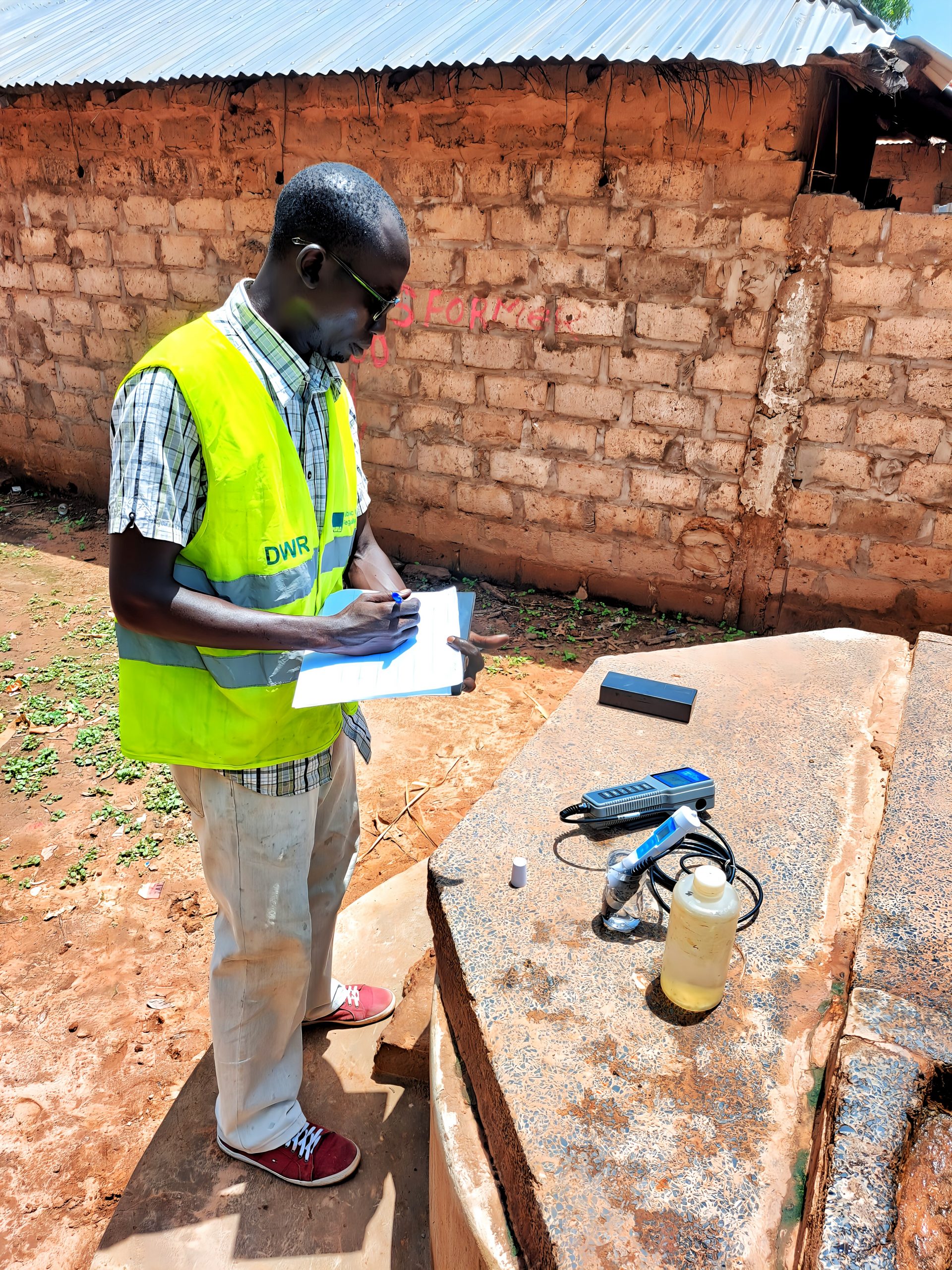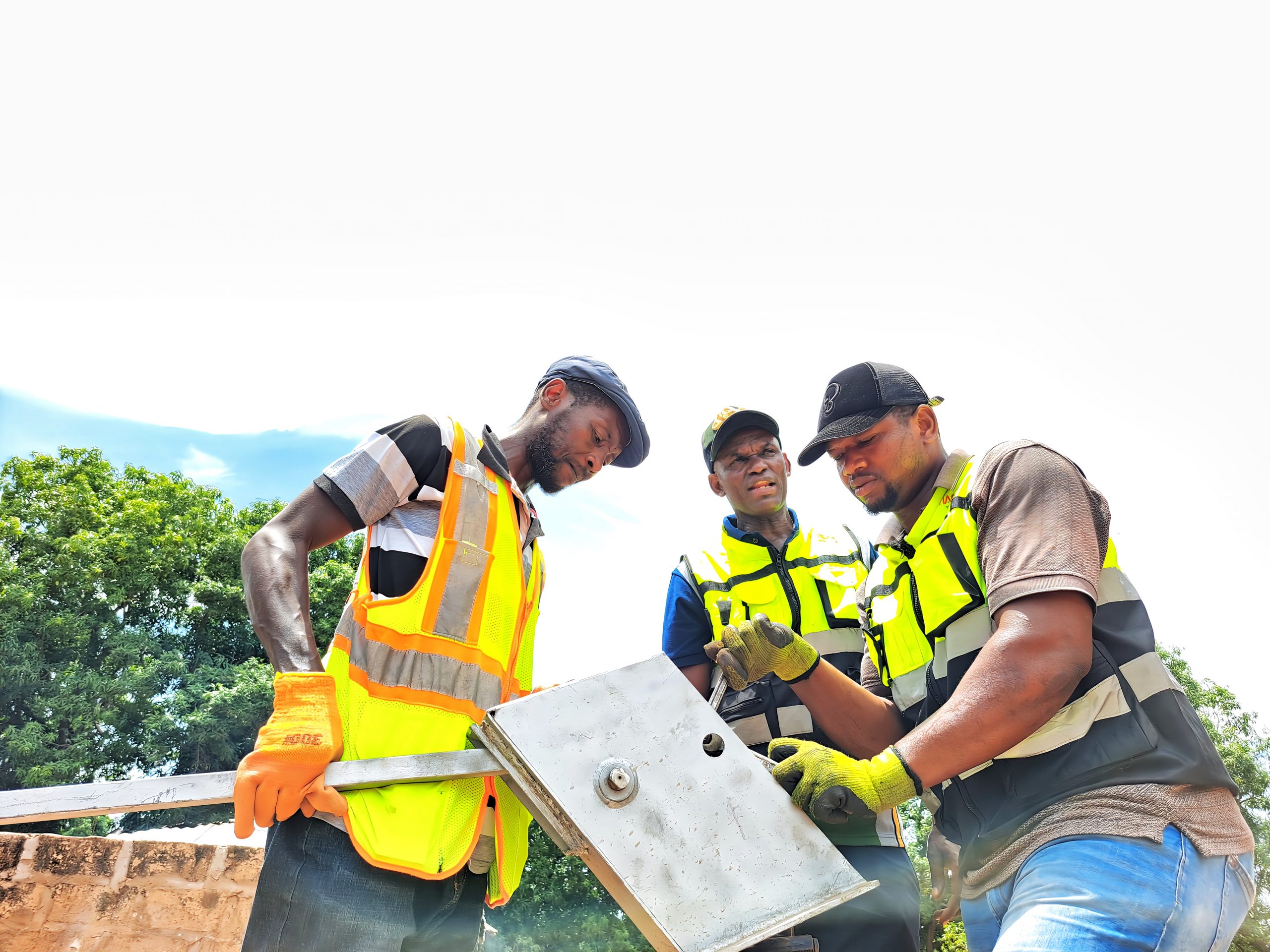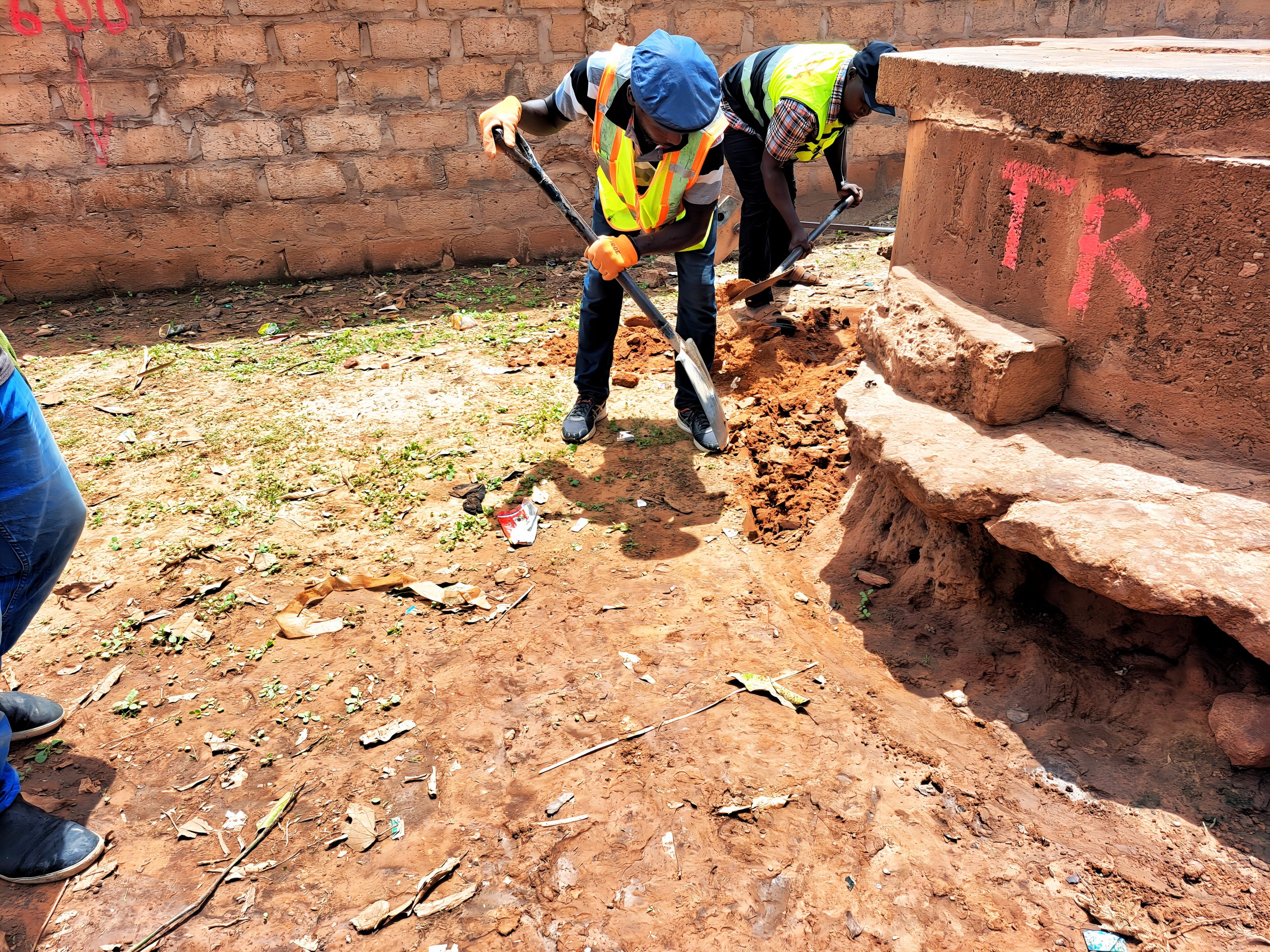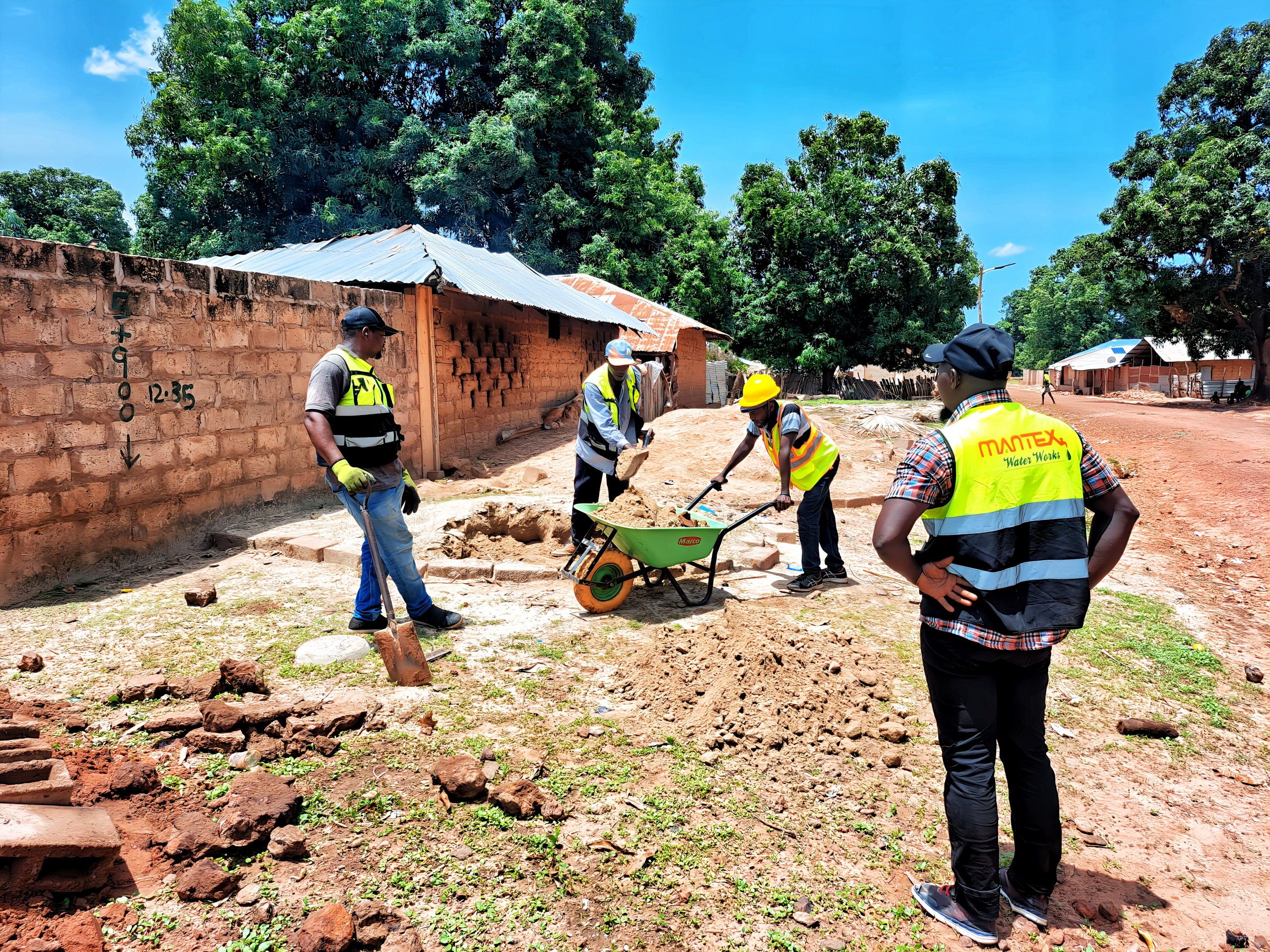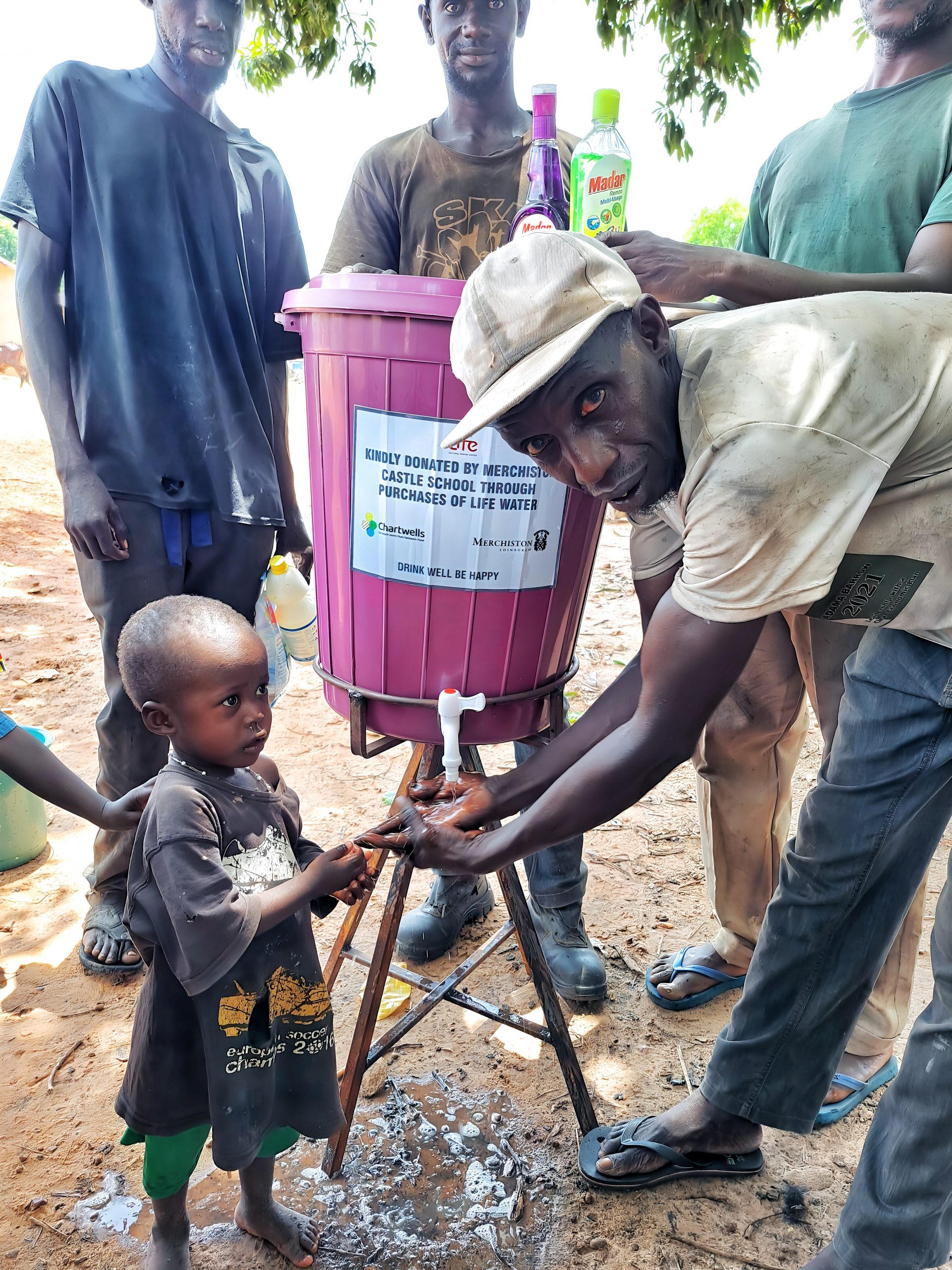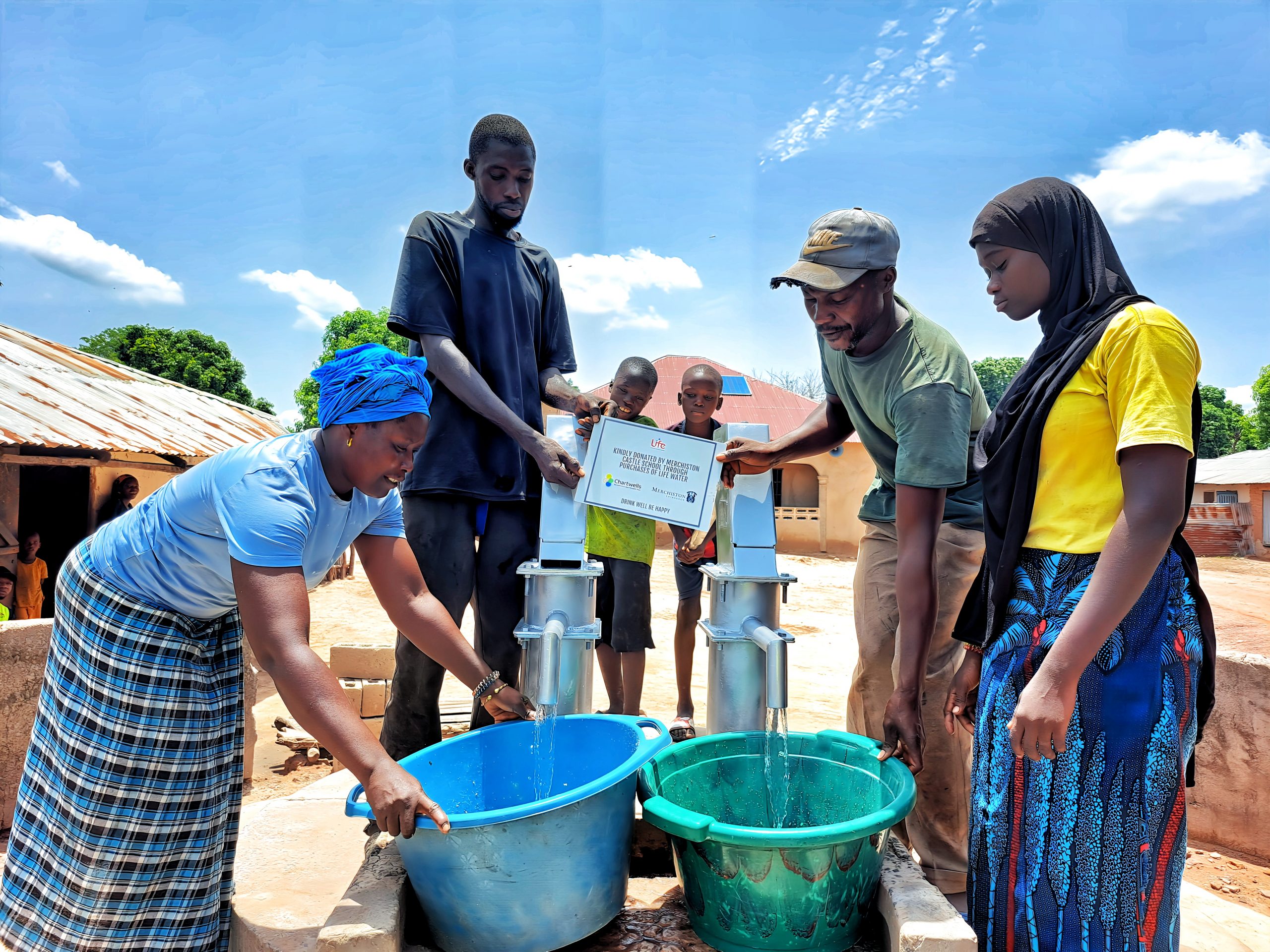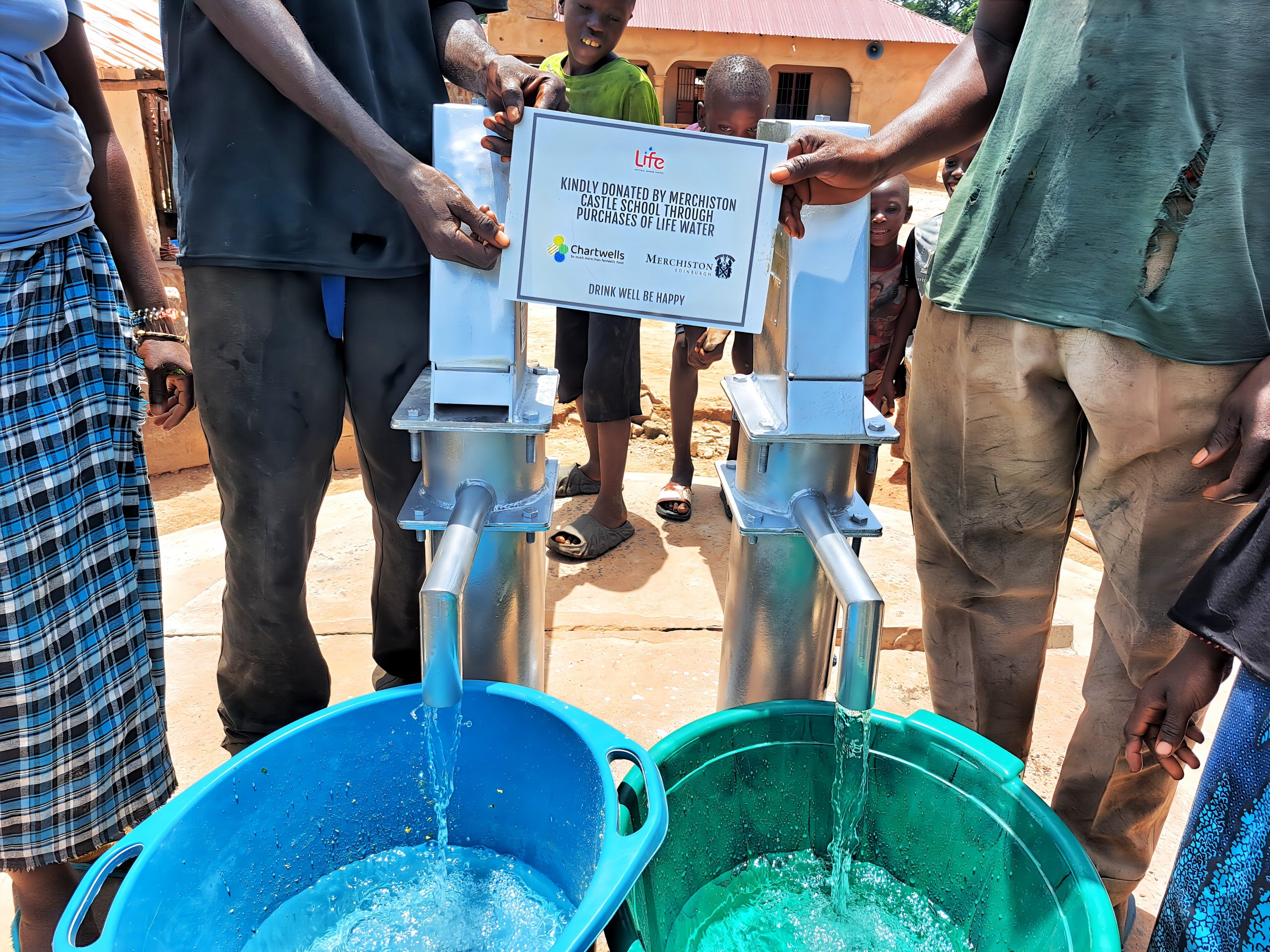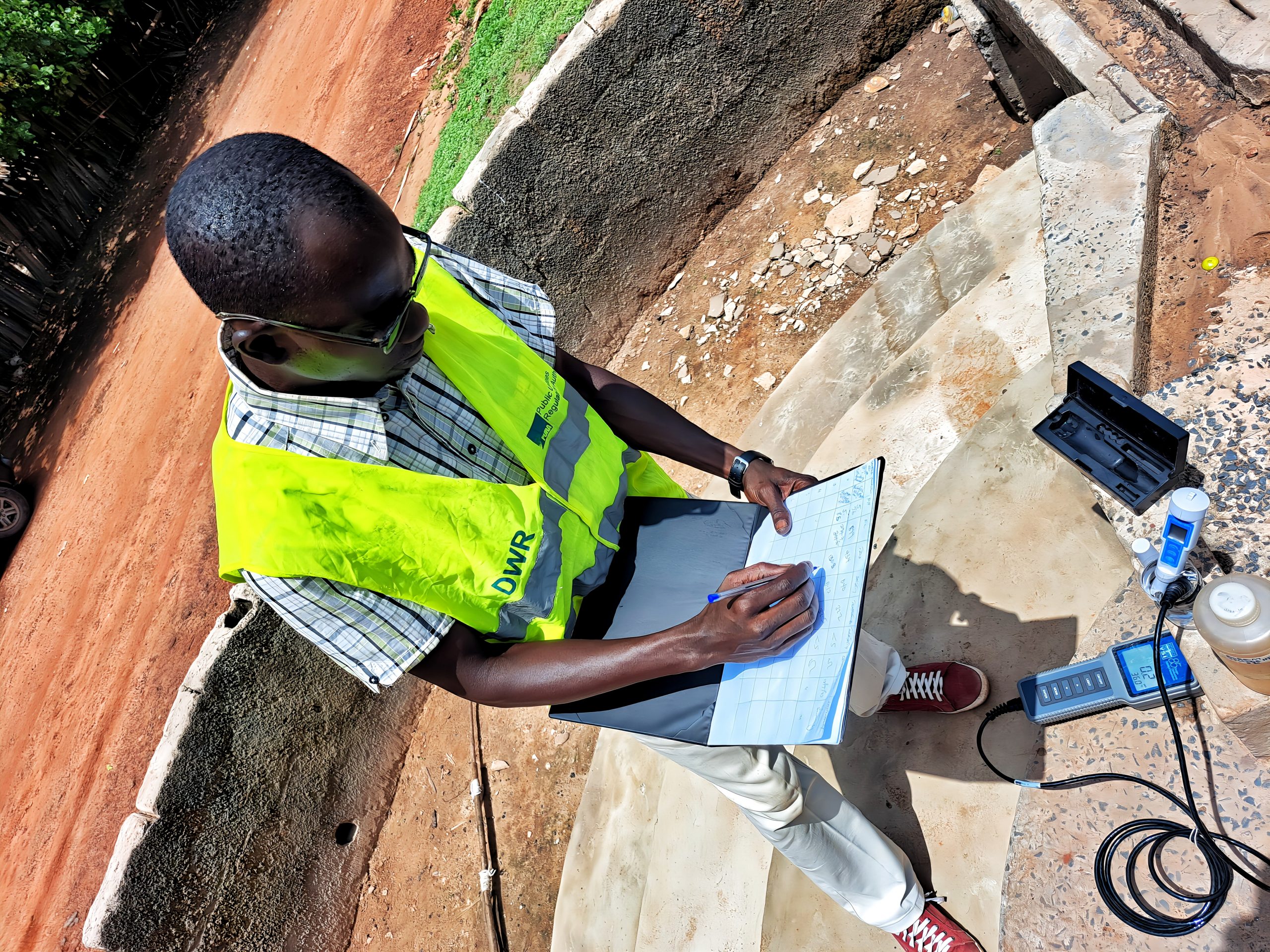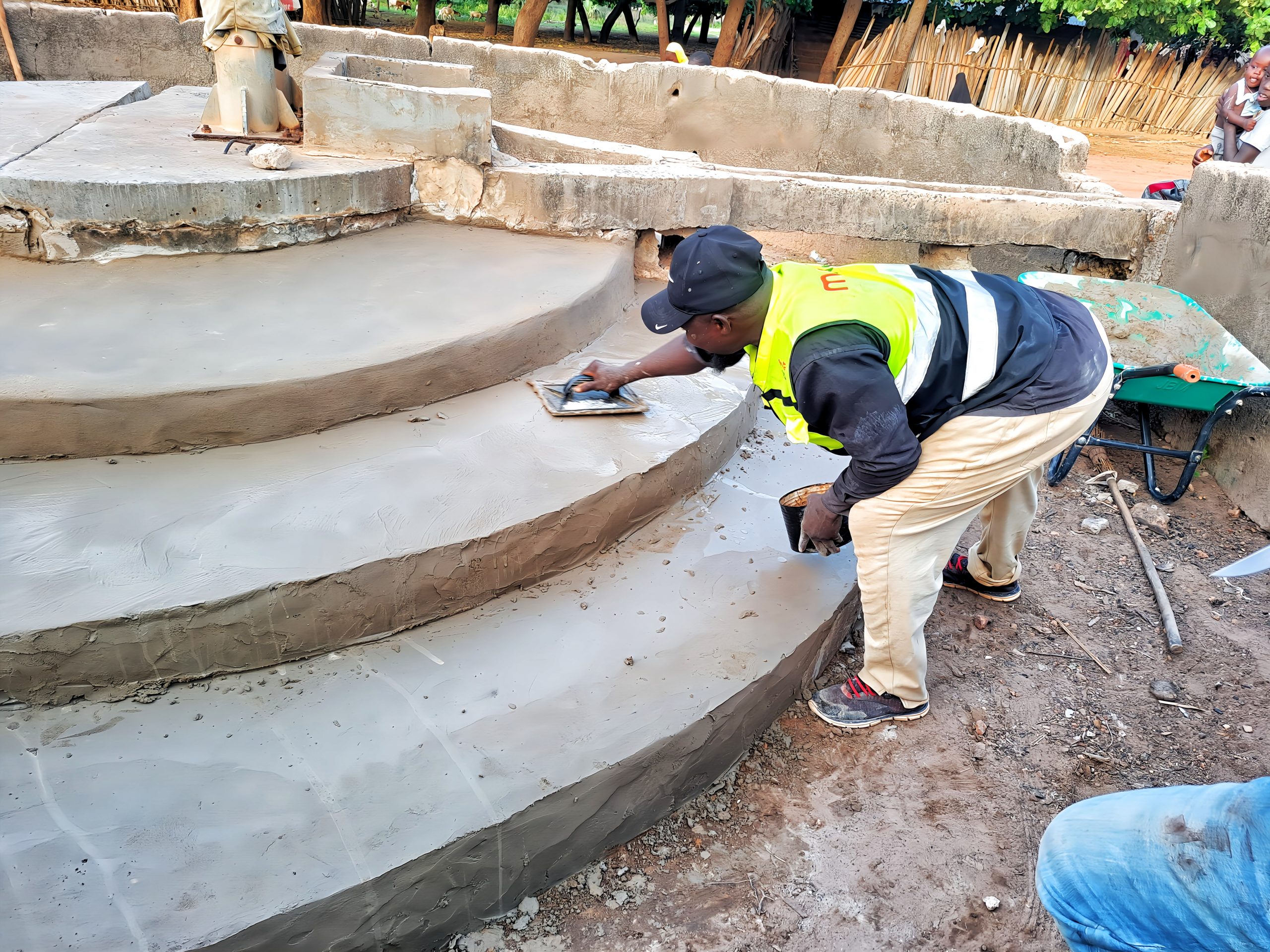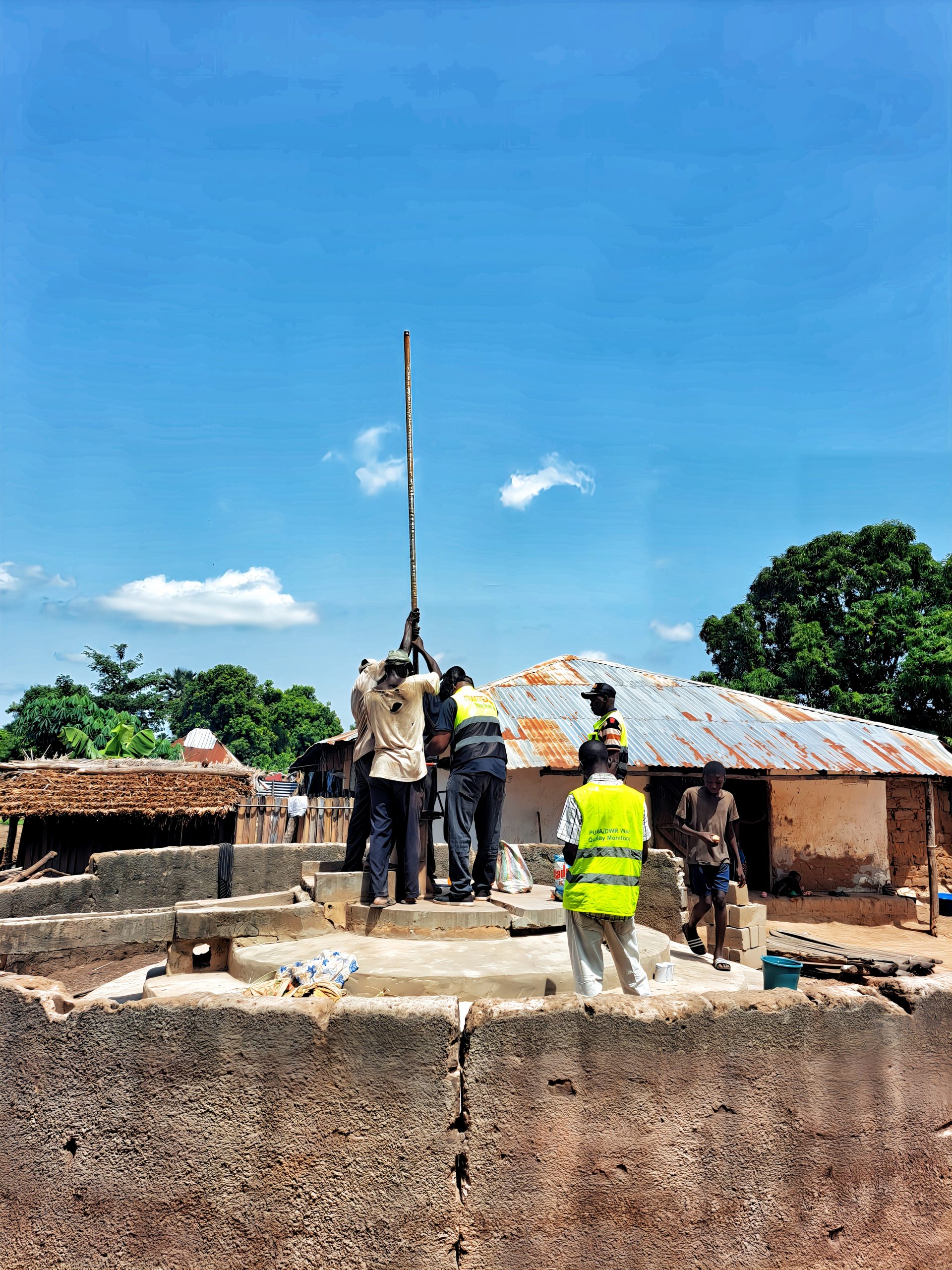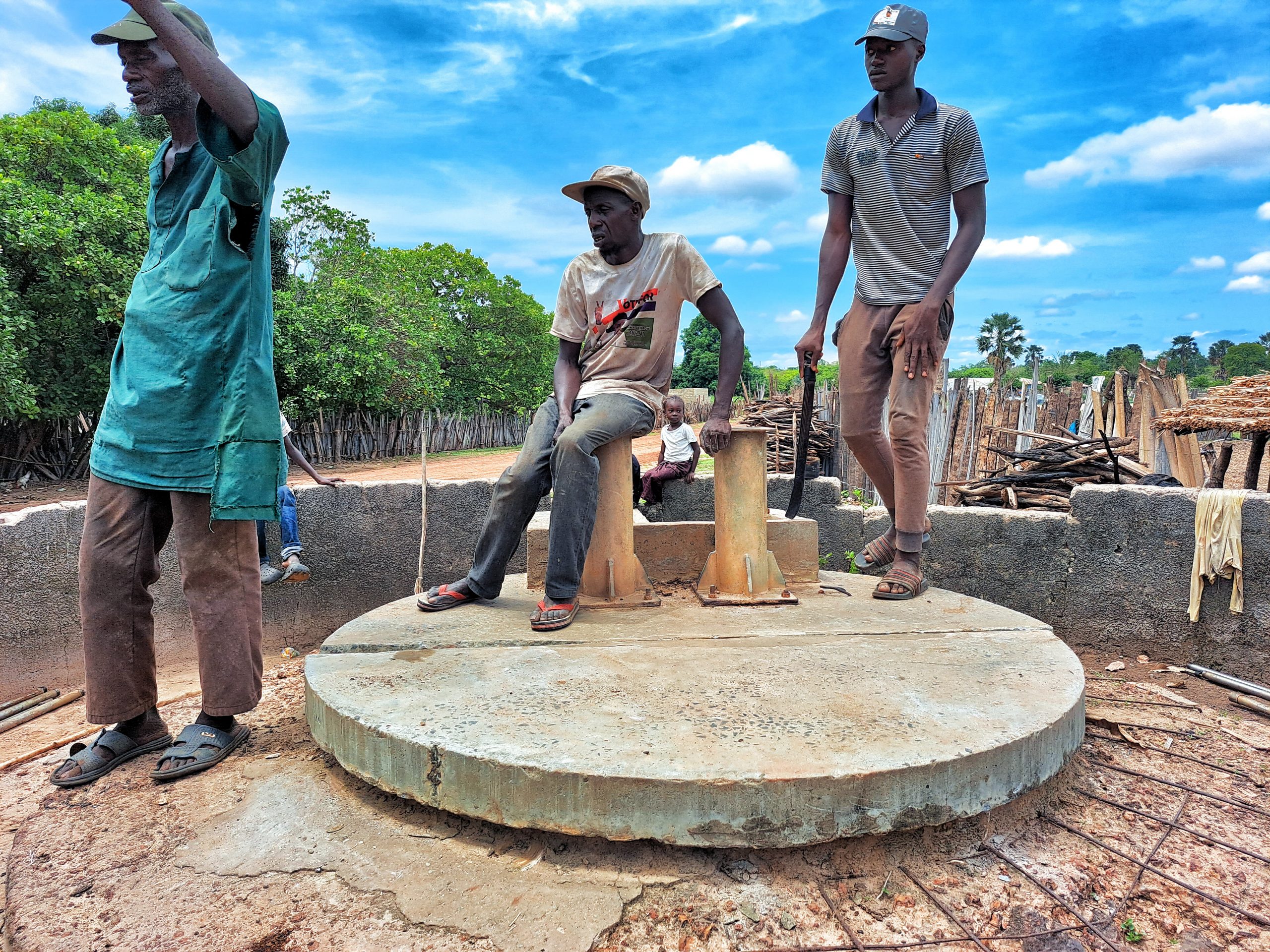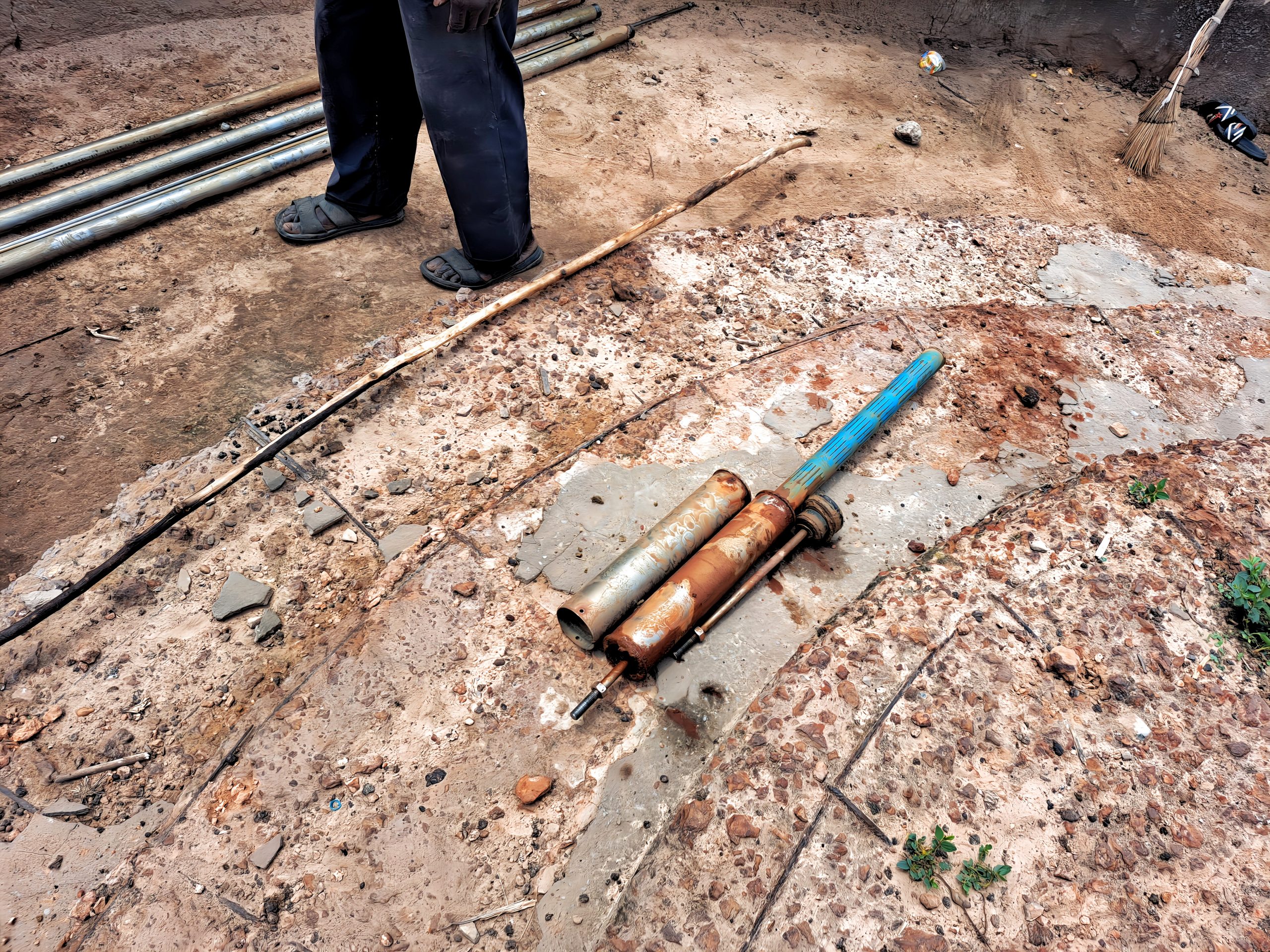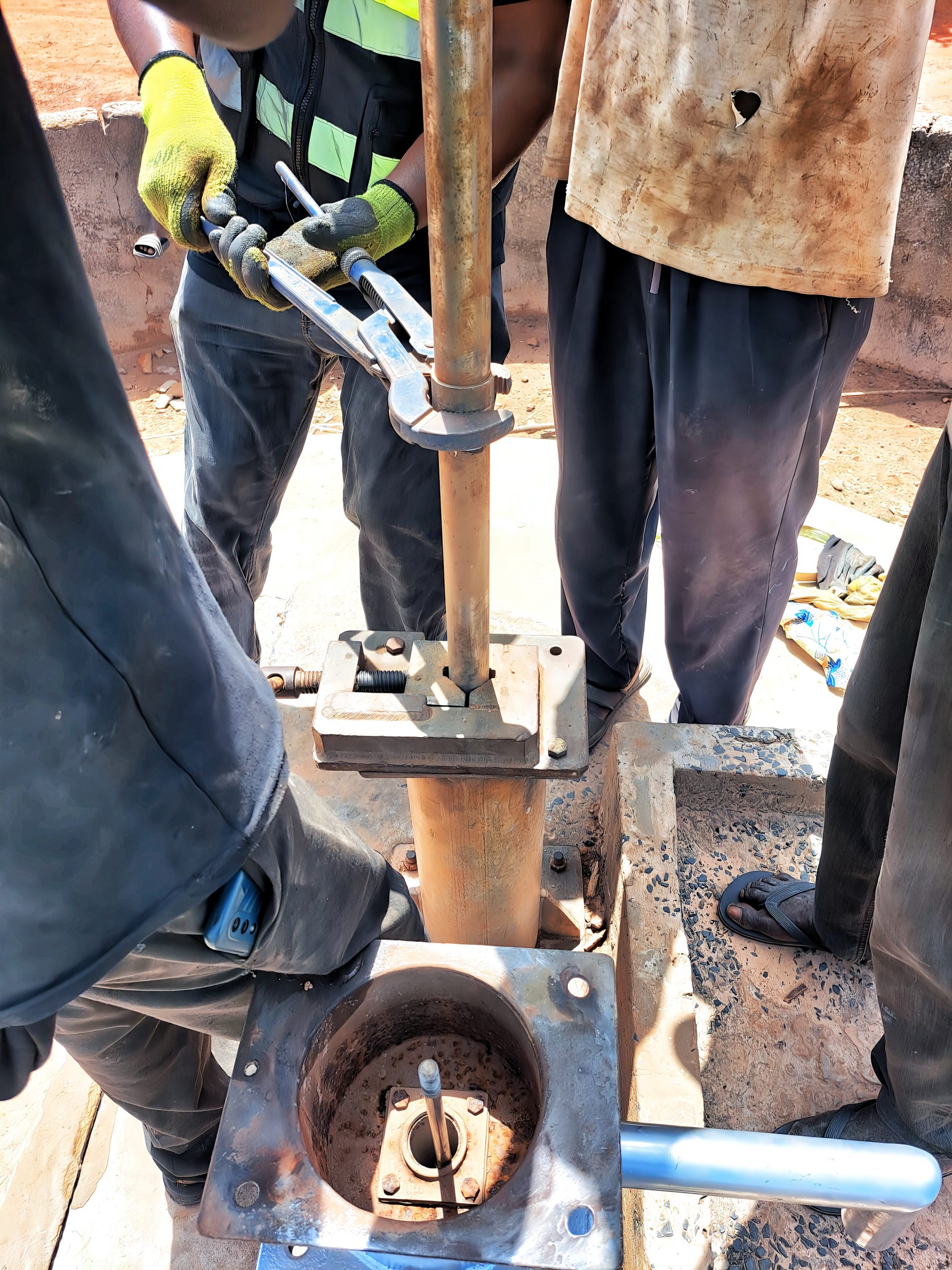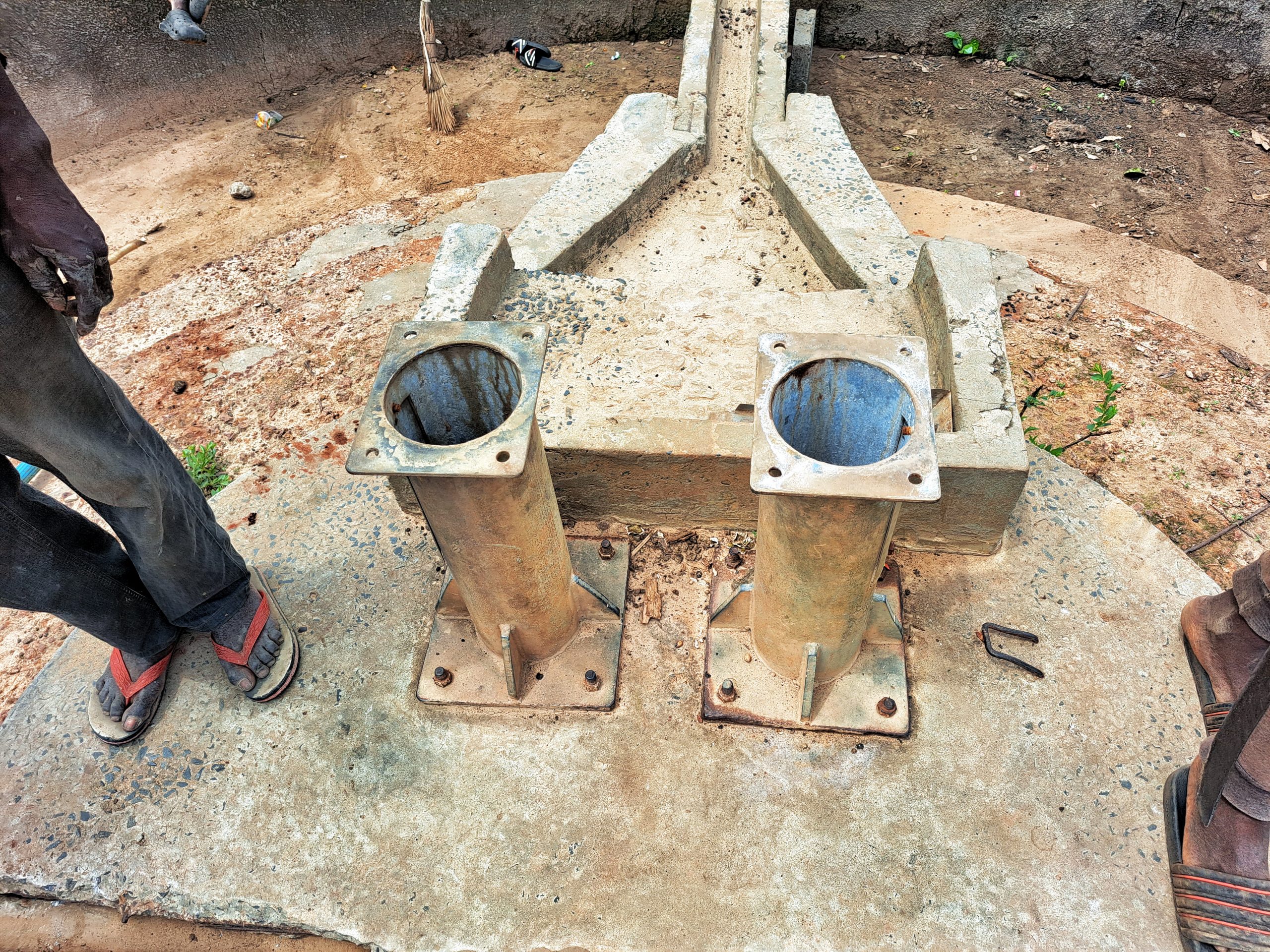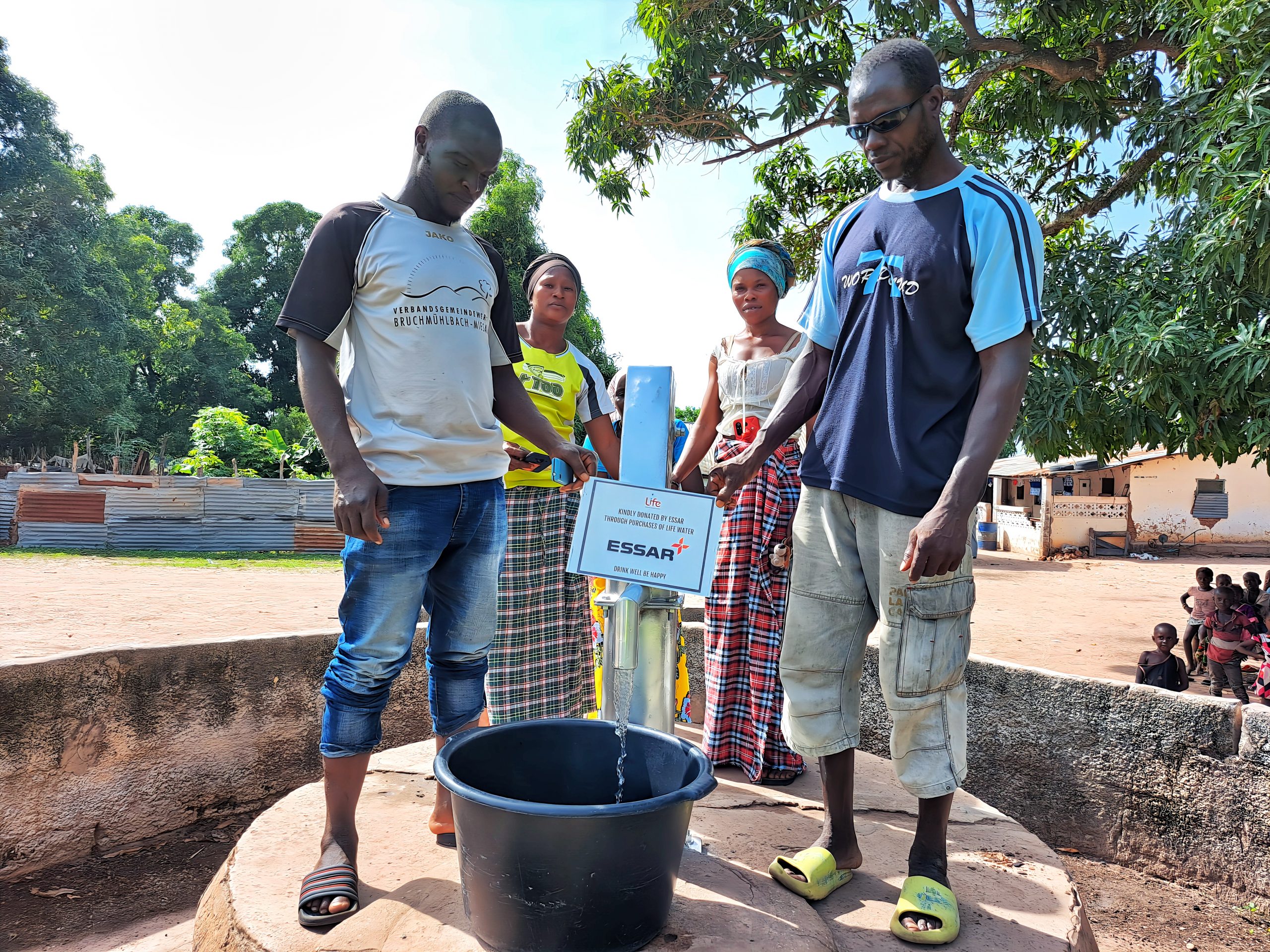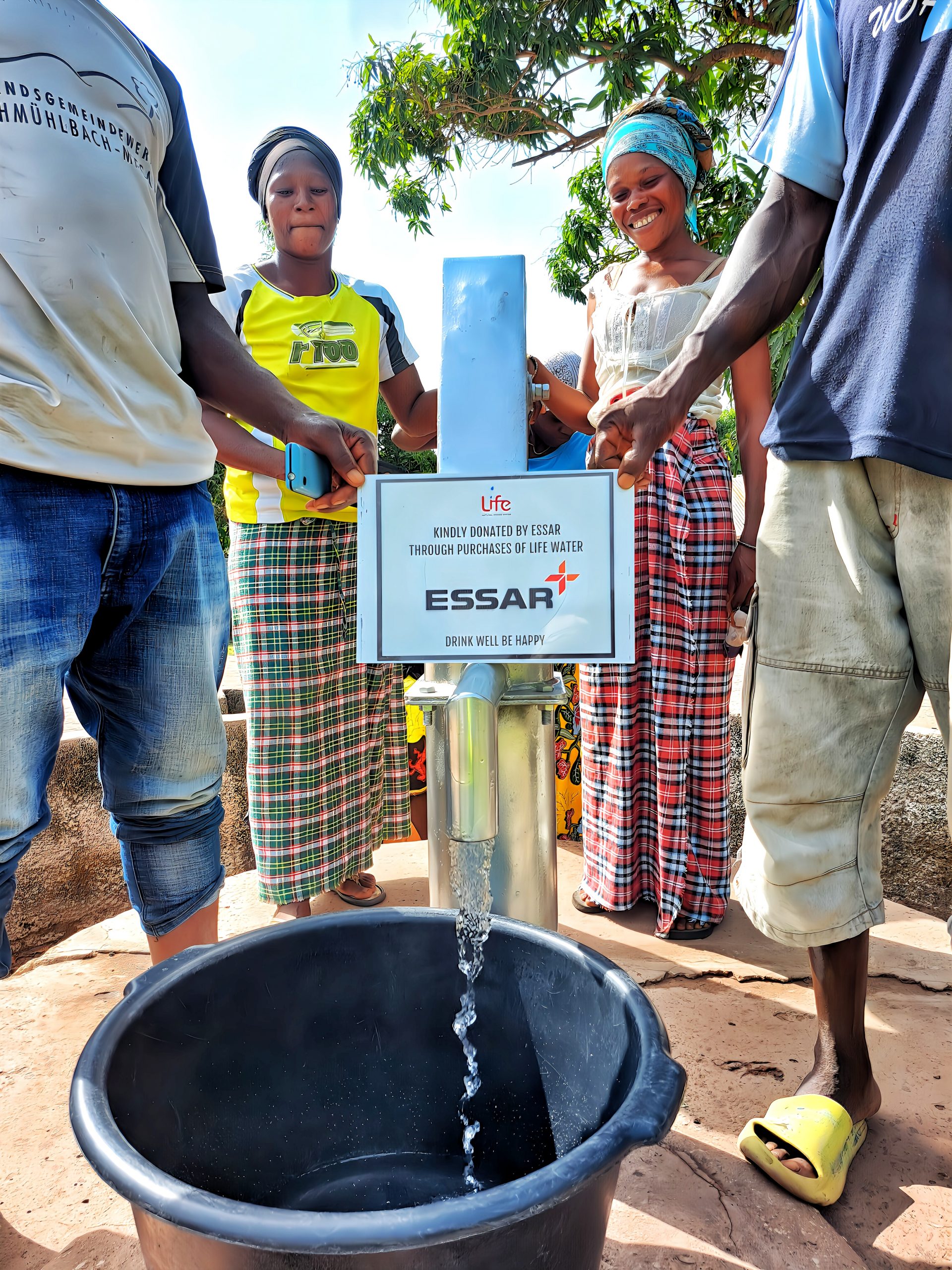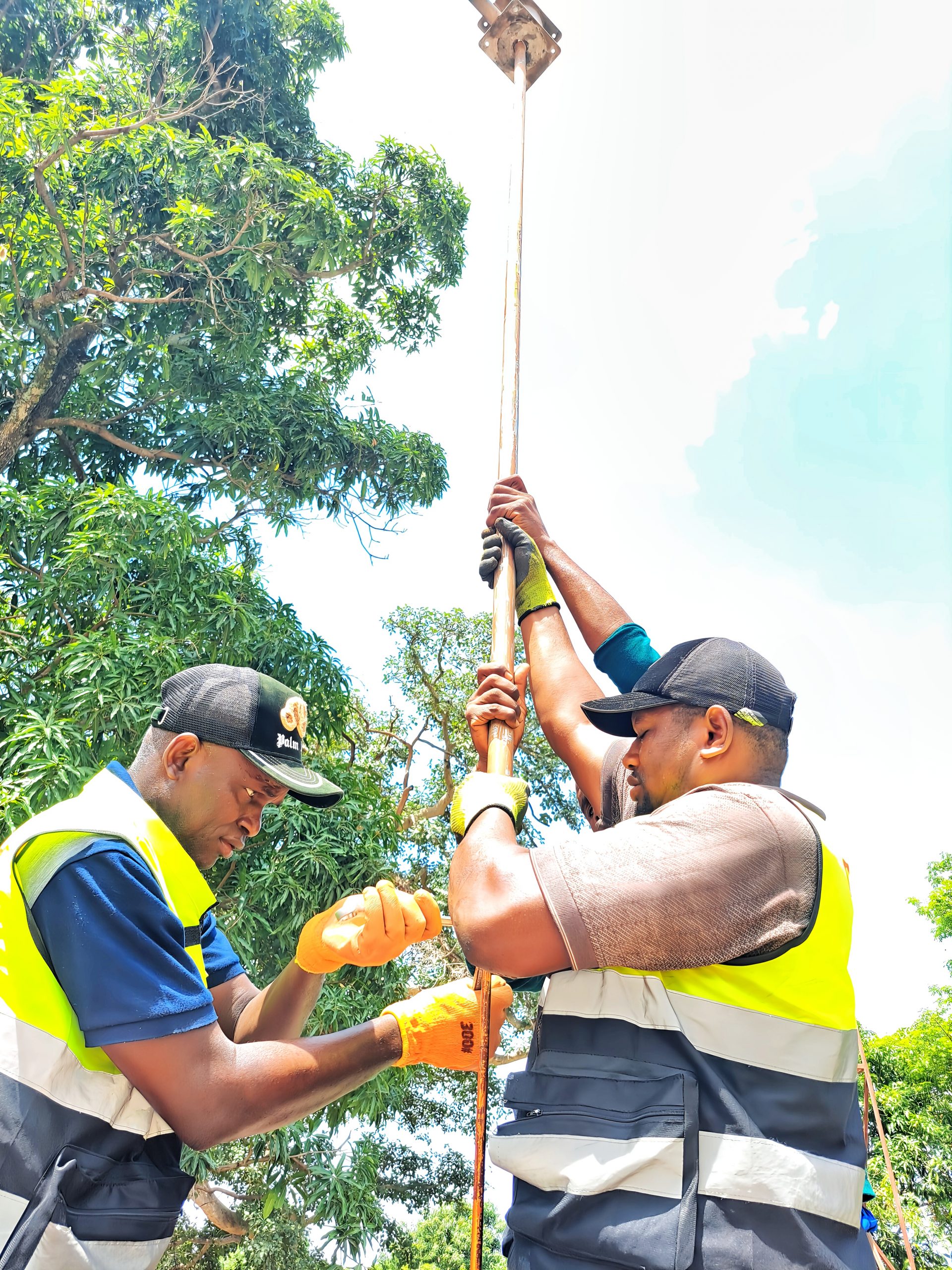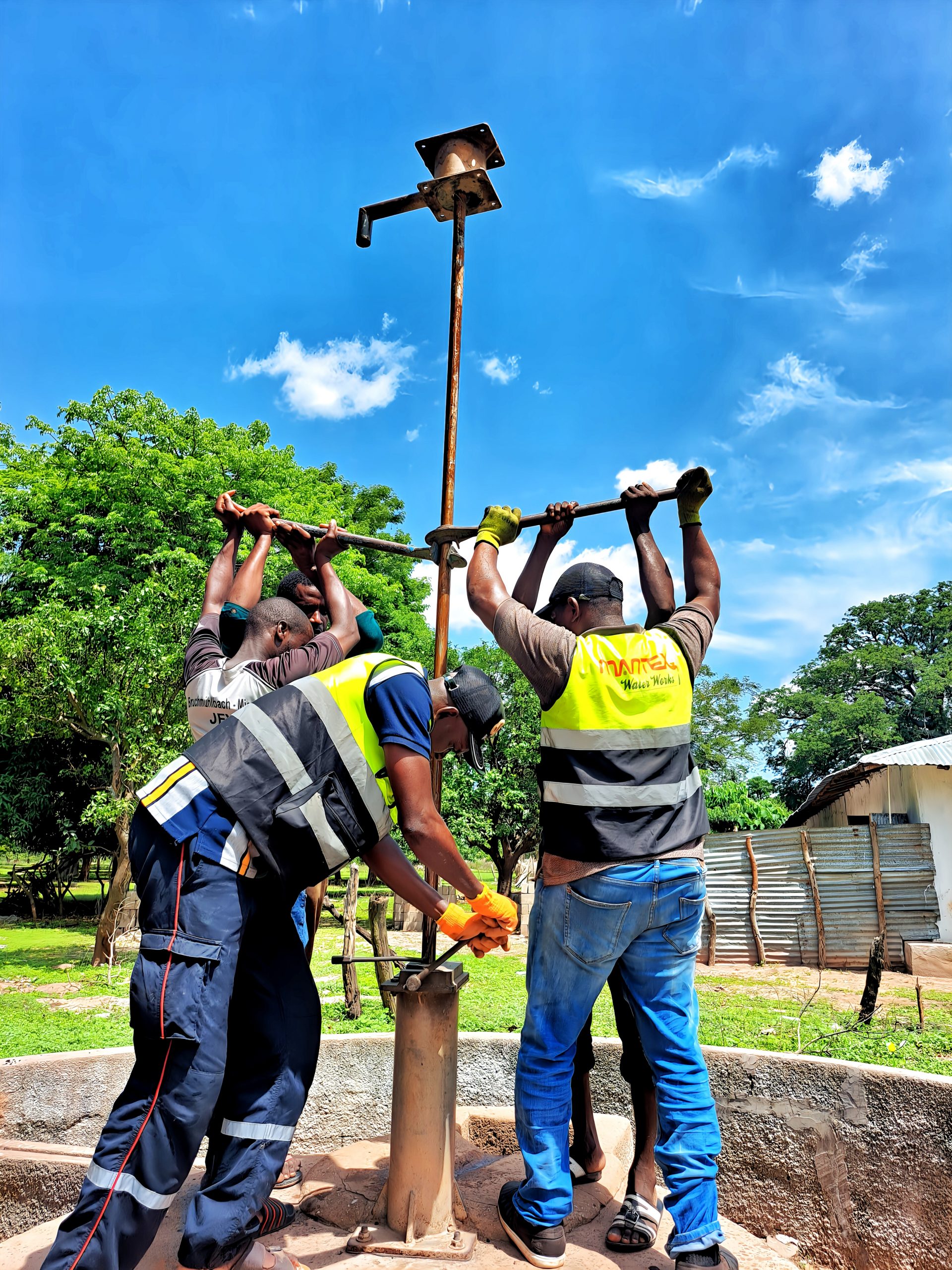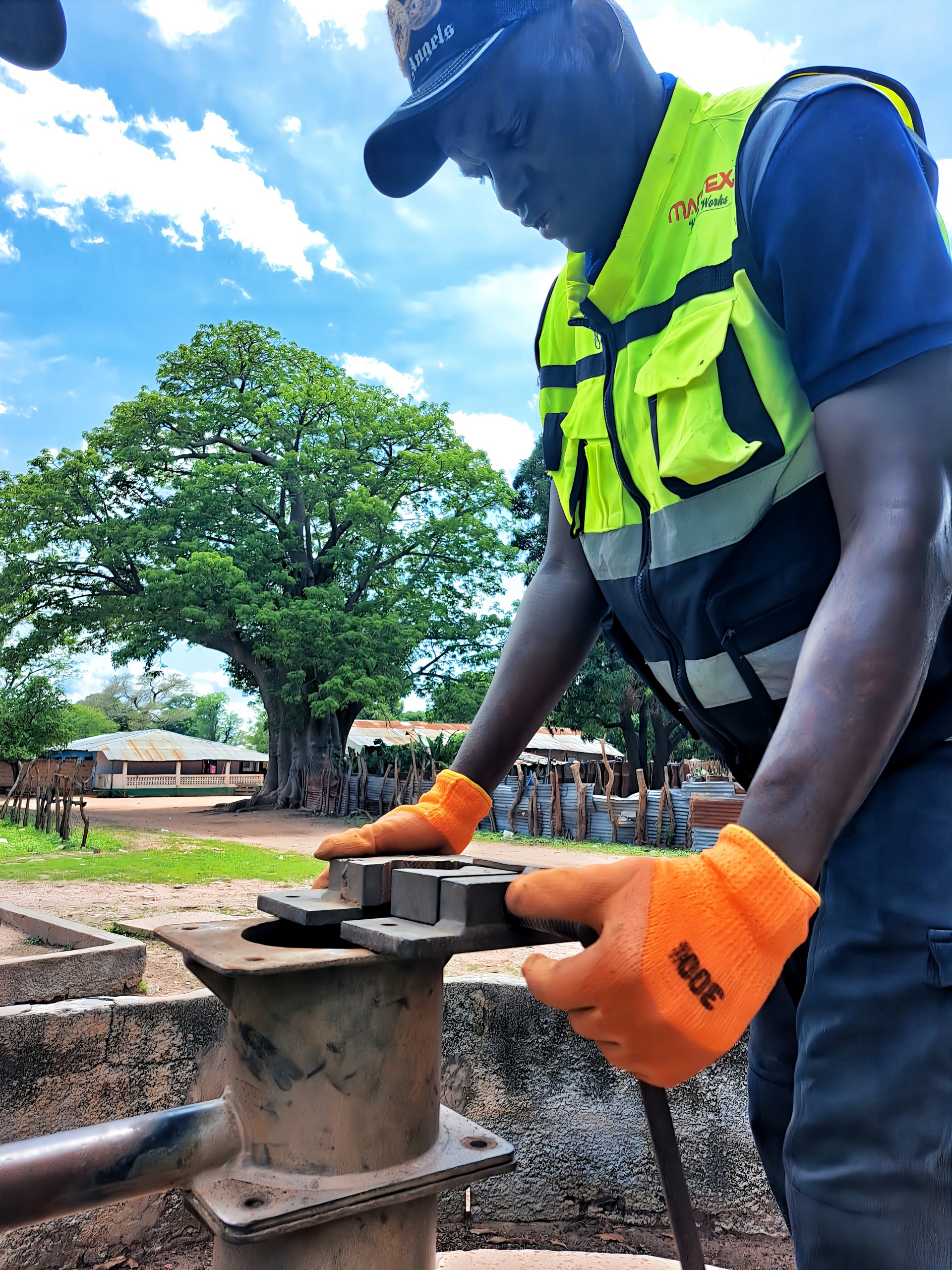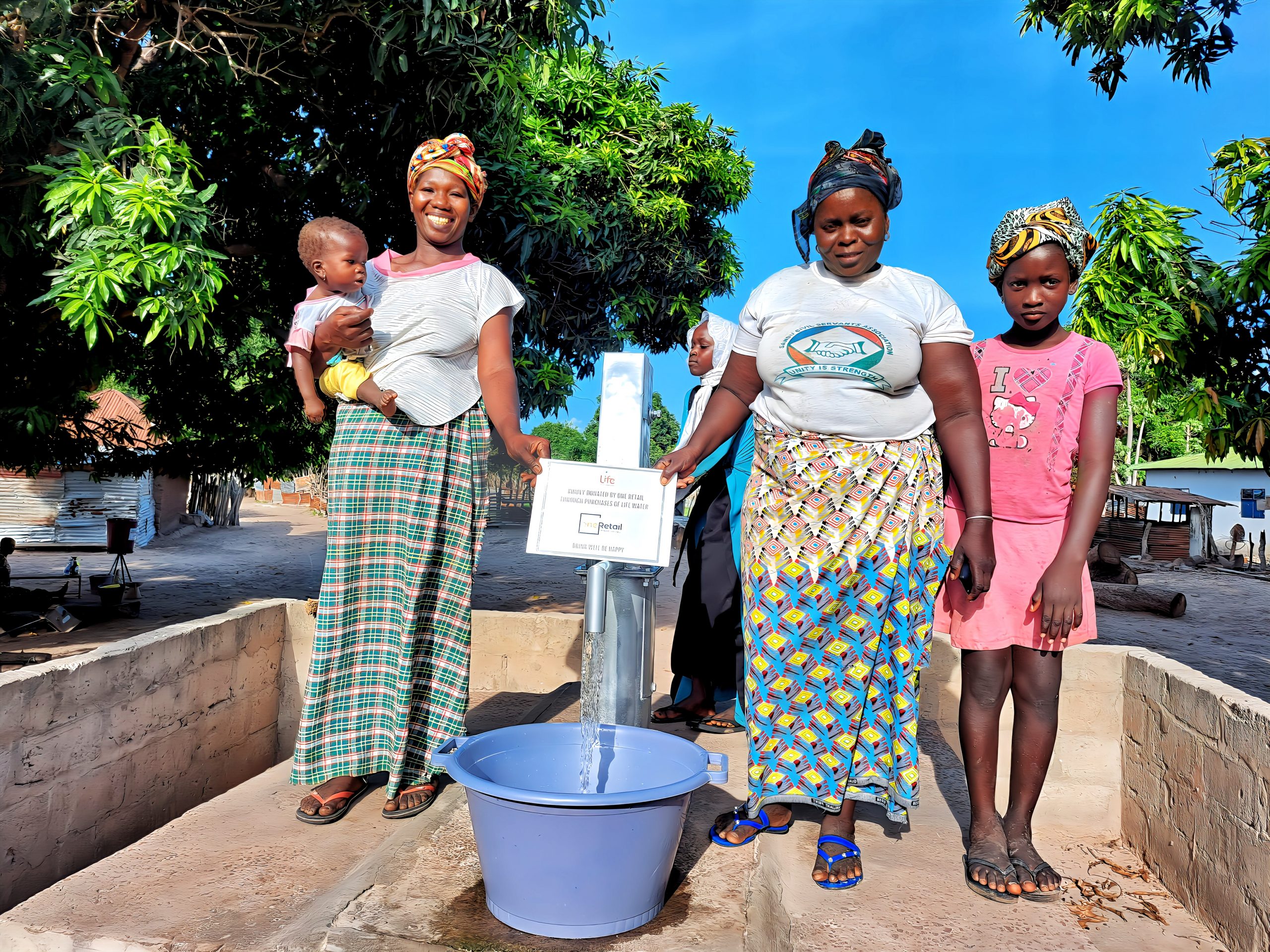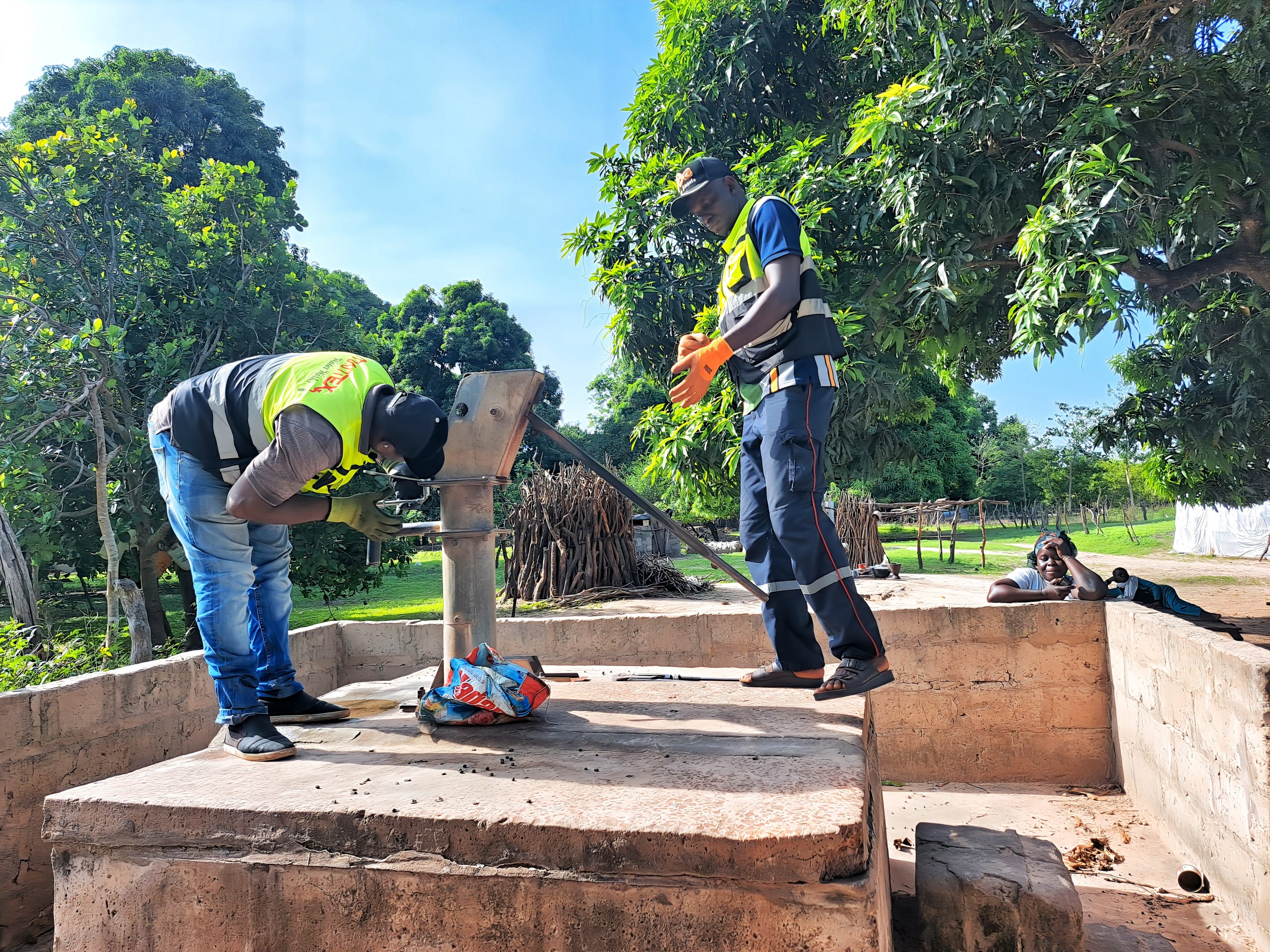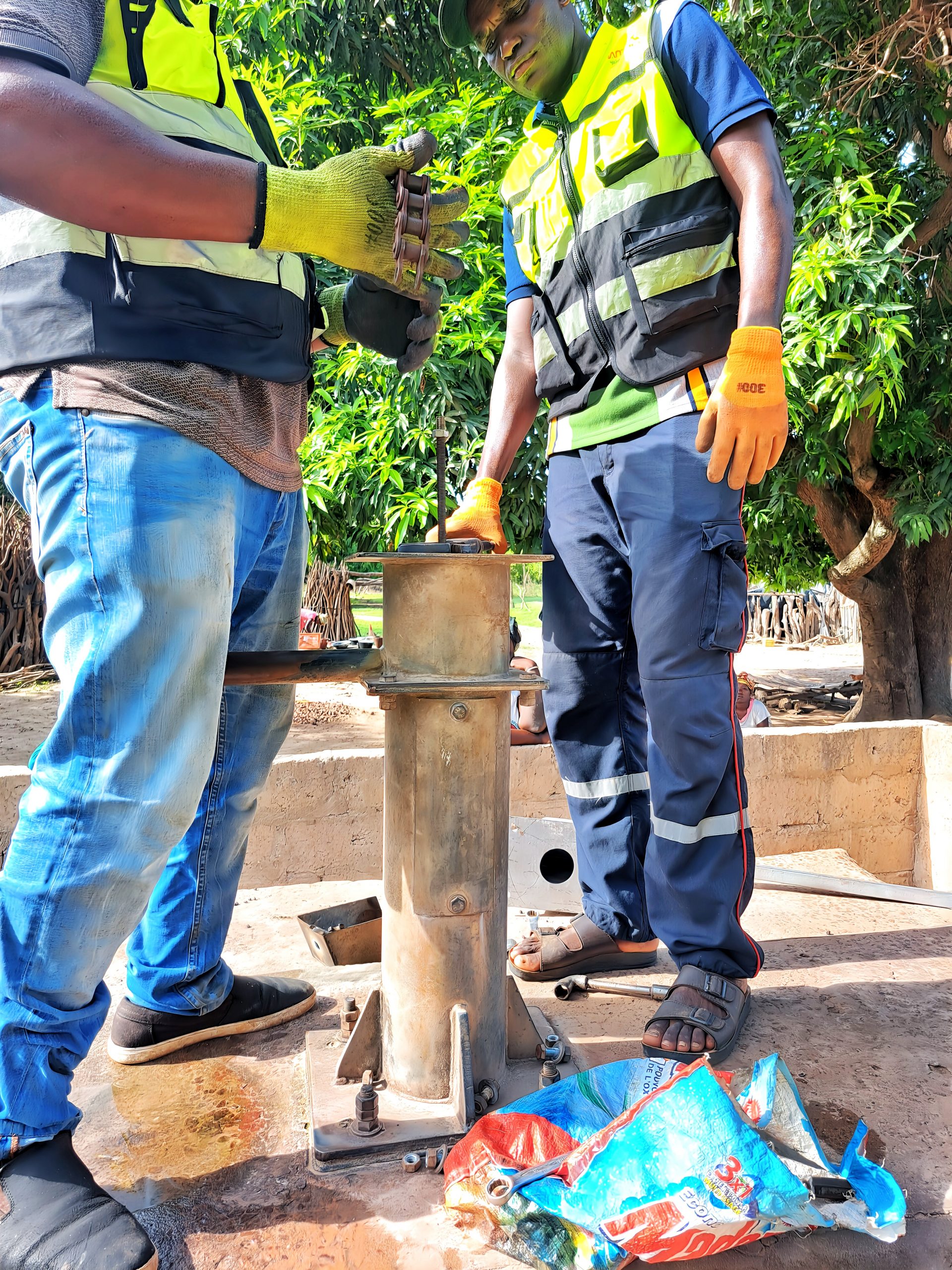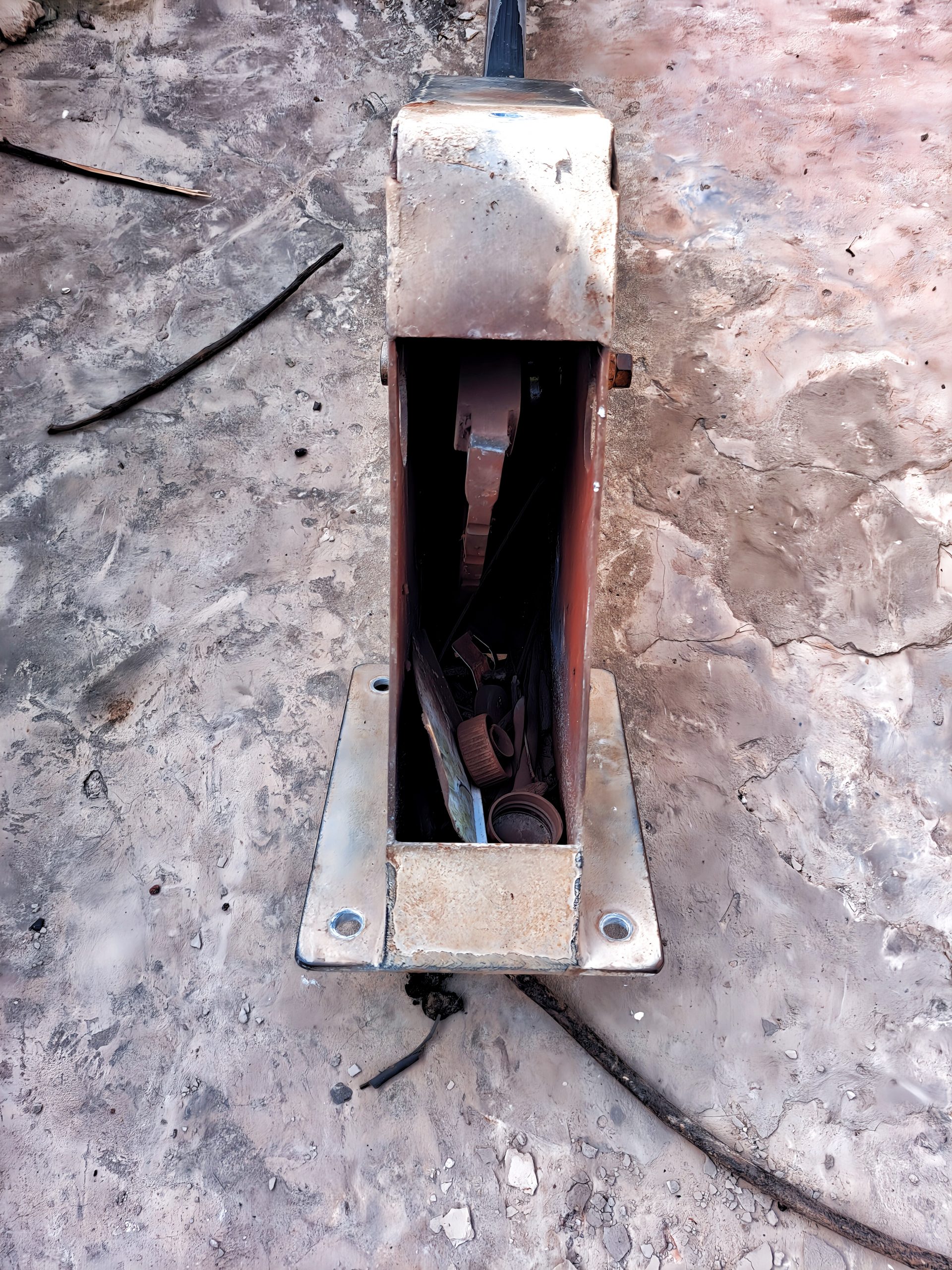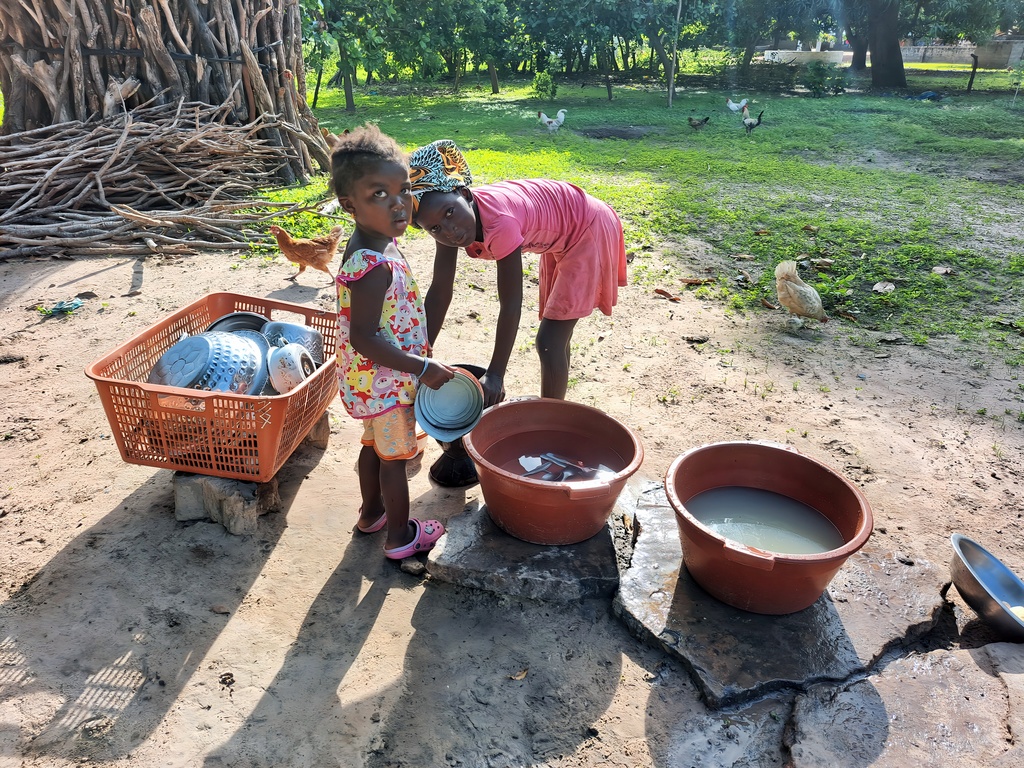
Foni Bintang-Karenai, located in the West Coast region of The Gambia, is one of the country’s nine districts. It is located in the southwest of The Gambia, on the southern bank of the Gambia River. It is centrally located in the southern part of the region and is flanked by Foni Kansala and Foni Brefet. This district is predominantly inhabited by the Jola tribe, with some presence of Fula and Mandinka tribes. The majority of the district’s inhabitants are subsistence farmers who grow crops such as groundnuts, maize and millet. Notably, some members, especially women, are involved in the collection and sale of wild herbs with traditional medicinal uses, including herbs known as “Mborr Mborr,” “Kinkiliba,” and “Sangfito,” which are closely associated with the district. Foni Bintang-Karenai retains its rich traditional tribal culture and has served as a source of typical Jola and Mandinka tribal history and traditional ways of life. In addition, the district is home to an ancient Mandinka love poem called “Masannehsisay Bintang Bolong daala,” performed by local griots known as “Jali,” which depicts the romantic relationship between a powerful man believed to possess mystical powers and a lower caste woman afflicted by malevolent forces.
However, the district faces significant challenges, including illegal deforestation, particularly for rosewood, and vulnerability to forest fires, resulting in a lack of clean drinking water. According to Global Forest Watch, in 2010 the district had 243 hectares of tree cover, or 1.7% of its land area. By 2021, it had lost 225 hectares of tree cover, equivalent to 76.5 tons of CO2 emissions. The peak fire season in the Foni Bintang Karenai district typically begins in mid-February and lasts approximately 12 weeks. These factors combine to exacerbate the hardships faced by the indigenous tribes living in the district, particularly with regard to access to clean drinking water. The district also borders Senegal’s Casamance region, which is known for a four-decade-long separatist conflict. As a result, the district has become a haven for numerous refugees, exacerbating the existing clean water crisis. The border between Casamance and The Gambia is extensive and porous, characterized by a lack of official crossing points and relatively unimpeded movement. Historical links between border communities, including intermarriage and shared social norms, have existed since pre-colonial times. Although most refugees have returned as tensions have eased, the lack of safe drinking water remains a pressing concern for communities in the district.
ARANGALLEN VILLAGE
This rehabilitation project will directly provide thousands of people with access to clean drinking water, which will have a significant impact on their health and overall living conditions. It will particularly benefit women and girls, who often bear the burden of household water collection. Increased access to clean water will allow girls to improve their educational opportunities and empower women socially and economically, especially within their households, as they currently spend a significant amount of time collecting water on a daily basis. In addition, it will foster harmony and understanding among community members, reducing conflicts that can arise during water collection.
OUTCOME
This project has been successfully completed thanks to Water Charity and its local partner Working Water The Gambia (WWG). This is one of a series of projects launched under the Water for Everyone initiative. The mission of the project was to improve water access and sanitation in 5 villages in Foni Bintang Karenai District by rehabilitating hand pumps, installing new ones where necessary and providing hand washing stations to improve sanitation and hygiene in the communities of ARANGALLEN VILLAGE, BULANJORR VILLAGE, BURAM VILLAGE, JAKOI BINTANG VILLAGE and KANGDONGKU VILLAGE. Thanks to the collaborative support of the villagers in all these villages, the project was successfully completed. This project provides access to clean water and sanitation for over 3,000 people.
BULANJORR VILLAGE
ACTIVITIES
The project successfully completed the following tasks: draining the wells, re-digging them, and installing new German Mark 2 cylinders and conversion heads. In addition, stainless steel pipes, rod couplings, check nuts, bases, axles, and bearings were installed. Concrete water troughs were constructed, new culverts were added to the wells, and concrete slabs were laid. Hand-washing stations were set up and supplied with detergents in all the communities involved in the project. In collaboration with the Gambia’s Department of Water Resources, quality testing and treatment were conducted at the completion of each community project. Educational sessions were held in each community to teach effective handwashing techniques and simple water management methods. The communities also actively participated in manual labor, including digging and collecting sand and gravel. They also hosted workers to ensure safe storage of all materials.
BURAM VILLAGE
OBJECTIVES OF THE PROJECT
- The primary objective of this project is to provide clean drinking water and better sanitation for the people of the selected 5 villages in Foni Bintang Karenai District as for the second phase of the project. This has been successfully achieved at the completion of the project.
- The Foni region has long suffered from a lack of clean drinking water. The region has been hit hard by massive deforestation and frequent bushfires. The conflict between Senegalese forces and separatist rebels in the southern Senegalese region of Cassamance has also exacerbated the situation in the Foni region, which shares a long border with Cassamance. The mass movement of refugees from the recent clashes has exacerbated the water crisis for the communities hosting the refugees. One of the objectives of the project is to alleviate the lack of clean drinking water in the communities and to provide sanitation facilities.
- One of the goals of this project is to provide clean drinking water to marginalized, vulnerable communities. Foni has many isolated villages that feel abandoned and forgotten. This project has made them feel heard, socially included and a part of humanity. For the villages that are close to the border, most of the time they felt abandoned due to fear as they are closer to the front line.
- The project also empowers women and girls. We all know the burden that women and girls carry in collecting water. Statistics show that Foni has one of the lowest rates of female enrollment in schools. This clean water project will enable girls to attend school. The time spent collecting water will now be much shorter for girls in school. It will also help increase refugee children’s enrollment in school instead of being used for water collection.
- Another important goal of this project is to inculcate the habit of handwashing in the communities. At each of the rehabilitated water sources in each community, a handwashing station is provided with detergent and a learning session on the techniques of effective handwashing. Community members gather in the village square for the learning sessions. This is a tool to combat the spread of germs and other communicable diseases that can spread within communities, especially after using toilets. It also helps breastfeeding mothers and children understand the importance of hygiene and sanitation. Attendance at the training sessions was high. Community involvement was immense and enthusiastic.
- In the Fonis, open defecation is not as much of a problem as it is in other parts of the country. However, another important goal of these water projects is to provide households with 24-hour access to water. This will discourage people from going outside to defecate. Household water availability is a catalyst for ending open defecation.
- Another focus of these projects is to encourage women’s involvement in home gardening. Each rehabilitated water source includes a concrete watering trough. The trough collects wastewater from the hand pump and can be used by nearby houses for small-scale home gardening. This avoids wasting water and allows households to grow vegetables and provide drinking water for their livestock. This helps provide households with a balanced diet and alleviates the extreme poverty that communities face, especially during the dry season.
- Another aim of this project is to reduce the high rate of waterborne diseases in the beneficiary communities. Children often bear the brunt of waterborne diseases. Some households are deprived of all resources when waterborne diseases strike a family. These water projects will ease the burden on the communities, and money that would otherwise be spent on doctors or medicine can instead be used for food or girls’ education.
- Another important objective of the project was to establish and train village water management committees. We established and trained water management committees in all project communities. They help with the day-to-day management and maintenance of the water source. This helps to make the project sustainable. As a best practice, we ensure that the committee is gender balanced and that women have a say in the maintenance and management of the water source. Traditional women communicators, known as ‘Kanyeleng’, are also involved in sensitizing communities to better water management.
JAKOI BINTANG VILLAGE
BENEFICIARY TESTIMONIAL
As it has always been after the conclusion of all our projects, traditional and cultural leaders as well as village women committees, youth and members of the beneficiary villages took turns to heap gratitude and delight over the projects.
Similarly, with Foni Bintang Karenai District, all the village leaders of the respective 5 villages expressed their sincere thanks for the project and happiness, highlighting the positive impact that these clean water projects have in their lives., the local councilor of the district Yuba Jarju mentioned the great importance of these water projects in communities. This will help us stay healthy, as clean drinking water is the key to human life he said. He also mentioned the social and economic importance of the water projects, as well as the tremendous importance of clean drinking water for the communities, especially in relation to the provision of education and increased well-being. This is indeed joyful for the district said Kajally Bojang another cultural leader of the district. We have long suffered to get clean drinking water. Thank you for these projects. We will forever remain grateful to you. Similar remarks were said by other notable social and cultural figures within the beneficiary communities. Women’s group leaders also emphasized their happiness and gratitude towards the project. We wake up as early as 5 AM at times to go for water collection. We have suffered a lot due to lack of water, but this project has wiped away our tears. We are now celebrating success thanks to Water Charity, said Olimatou Colley traditional women mobilizer for the district. Community members from the isolated settlement of Kangdongku also expressed their utmost gratitude and thanks for the project. We have been forgotten a lot but now we feel alive thanks to this project. Our families can thrive, says Piere Gomez.
The traditional Chief of the district Alfusainey Jarju advised people to unite and collectively safeguard the successful sustainability of the water sources. Now that there is ample clean drinking water flowing in the 5 communities, thanks to Water Charity. He urged for the effective protection and proper management of the water sources. He also tasked the village development committees of the beneficiary communities to work closely with village water management committees for the sustainability of the projects. We all know the hardship we faced with the lack of water, this means we should work hard to collectively protect and safeguard the recently concluded projects. He thanks Water Charity for the projects.
Thanks to the donors for making this project a success.
KANGDONGKU VILLAGE

This project has been completed. To read about the beginning of the project, CLICK HERE.


